The first VMware Explore under Broadcom is a wrap. What was announced and how did it compare to the previous years...?
More...
VMware Explore 2024 Event / Expo
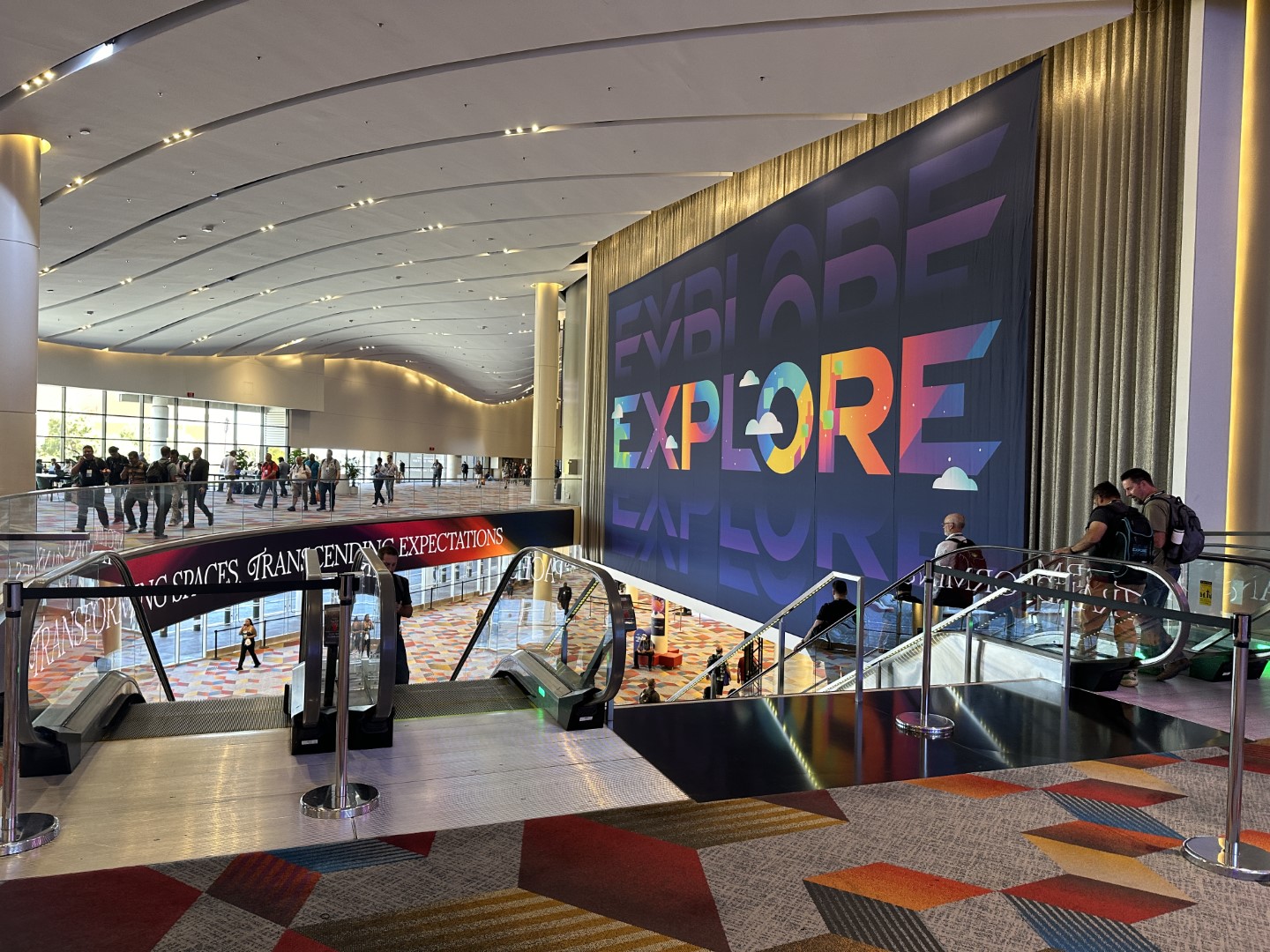
So, the Broadcom acquisition of VMware sent waves throughout the industry. As a result of this, I wasn't sure how the turnout would be for the first VMware conference under Broadcom.
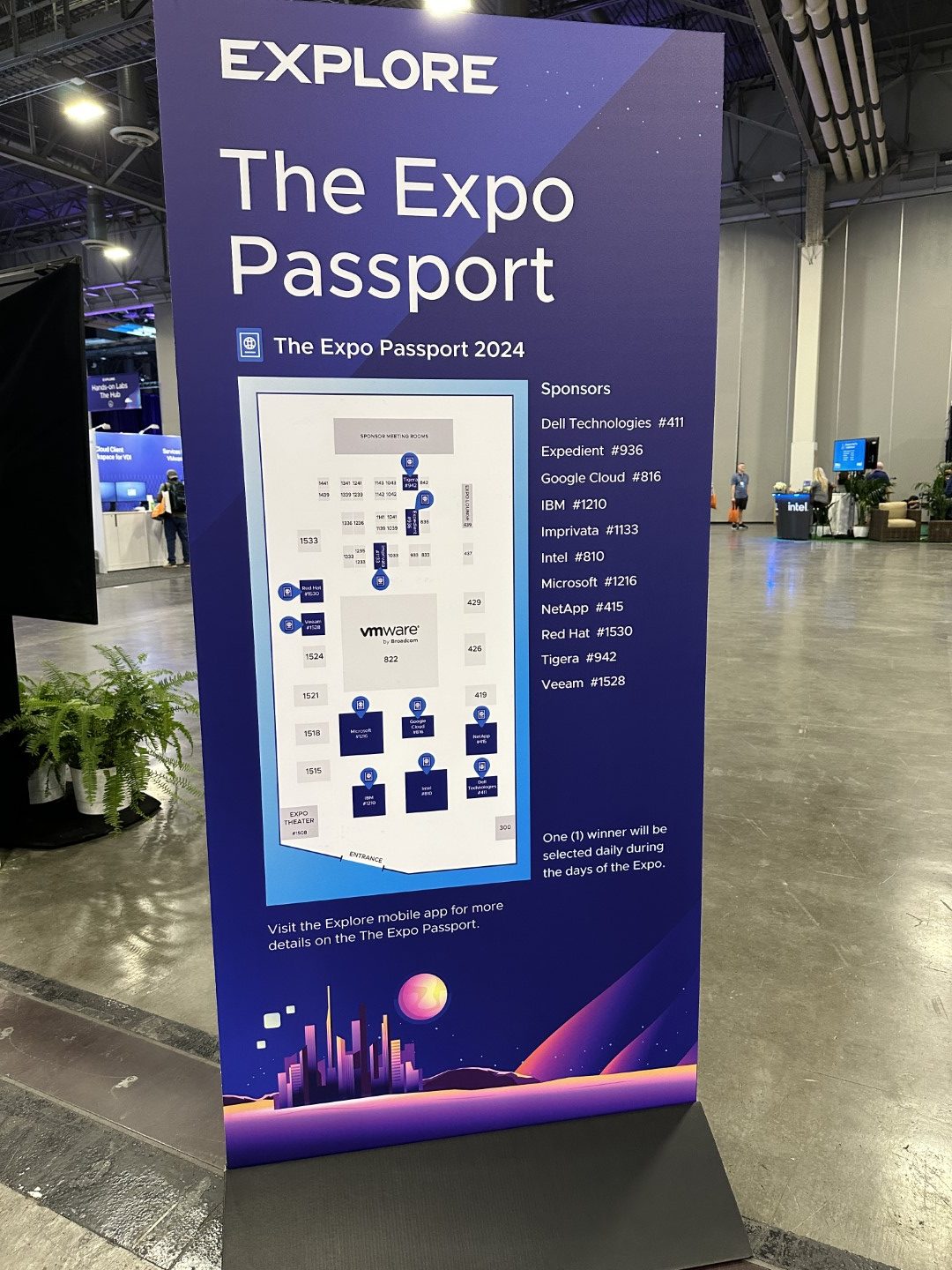
The Expo hall was much smaller in terms of the exhibitors showcasing their technology and I'm pretty sure most people were either in sessions or having a meal when I was walking around. 😉

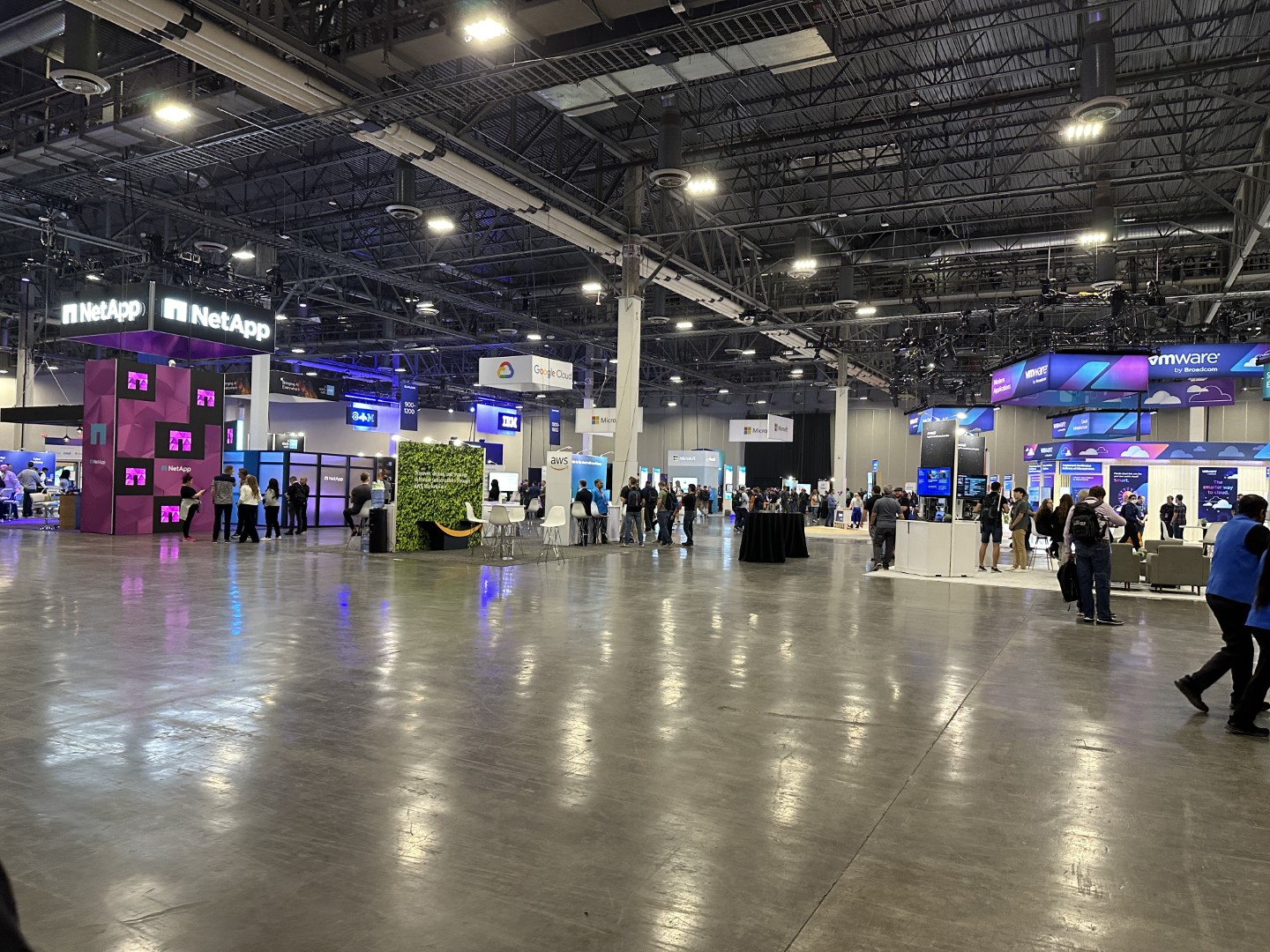
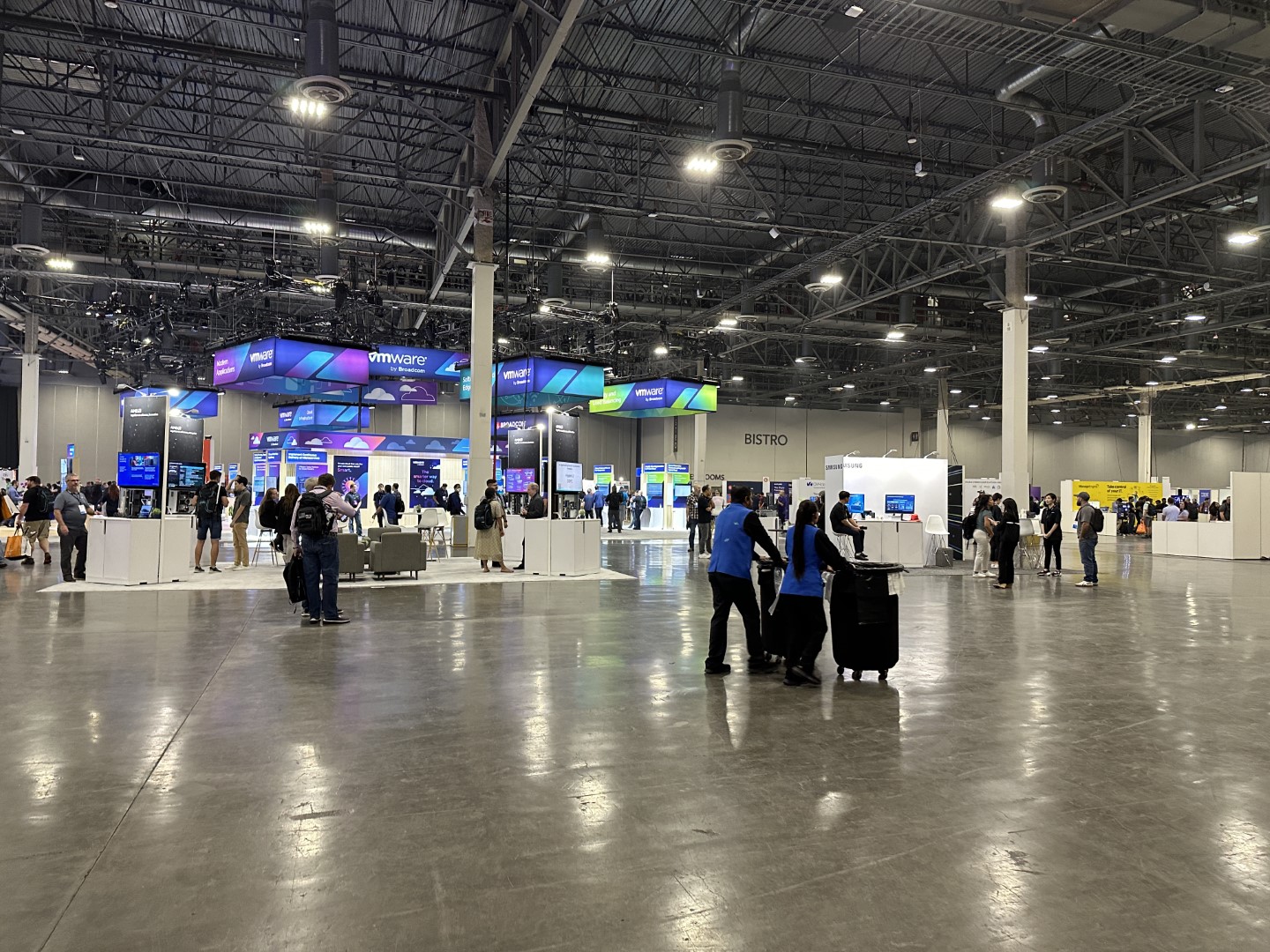
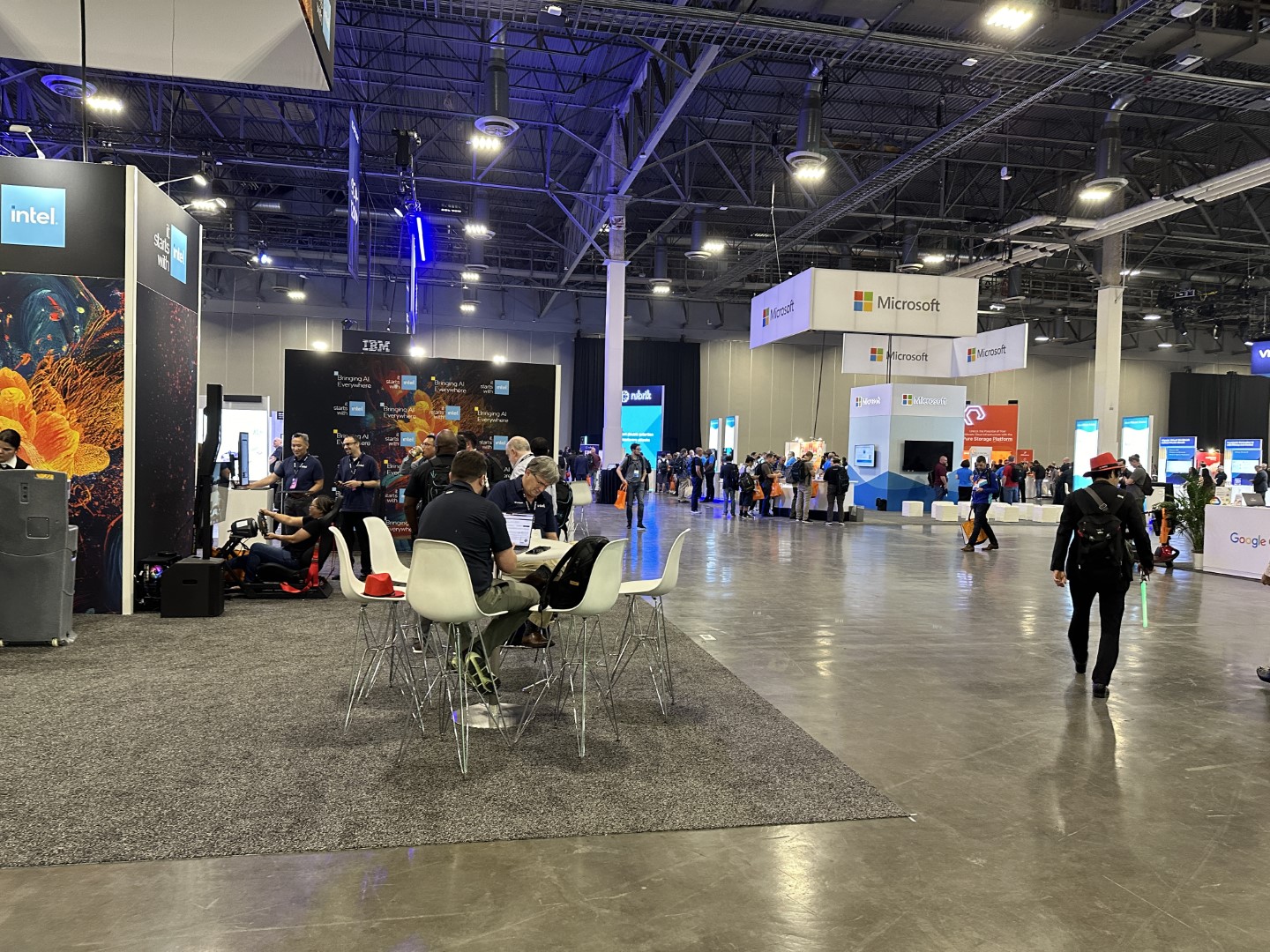
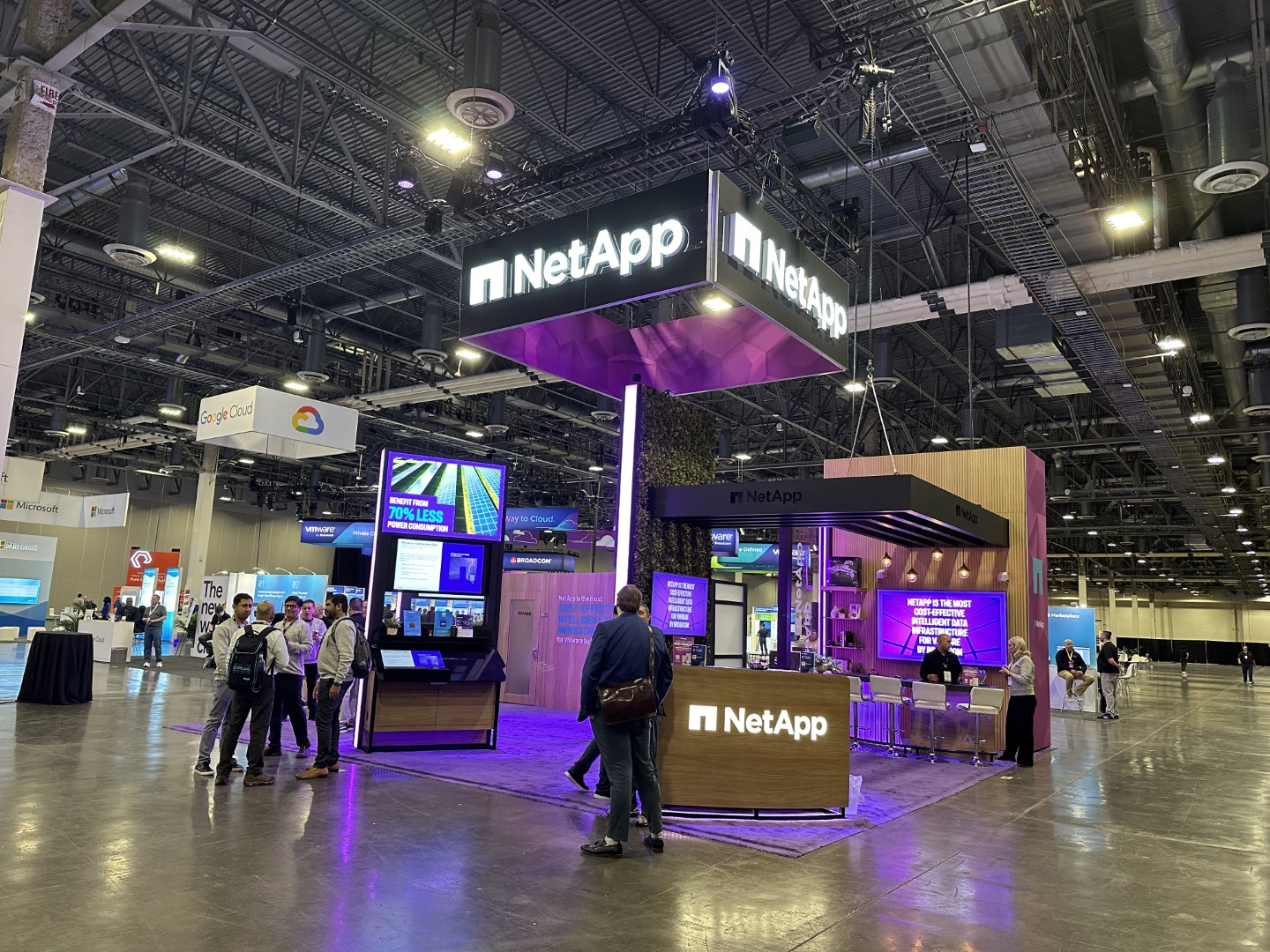
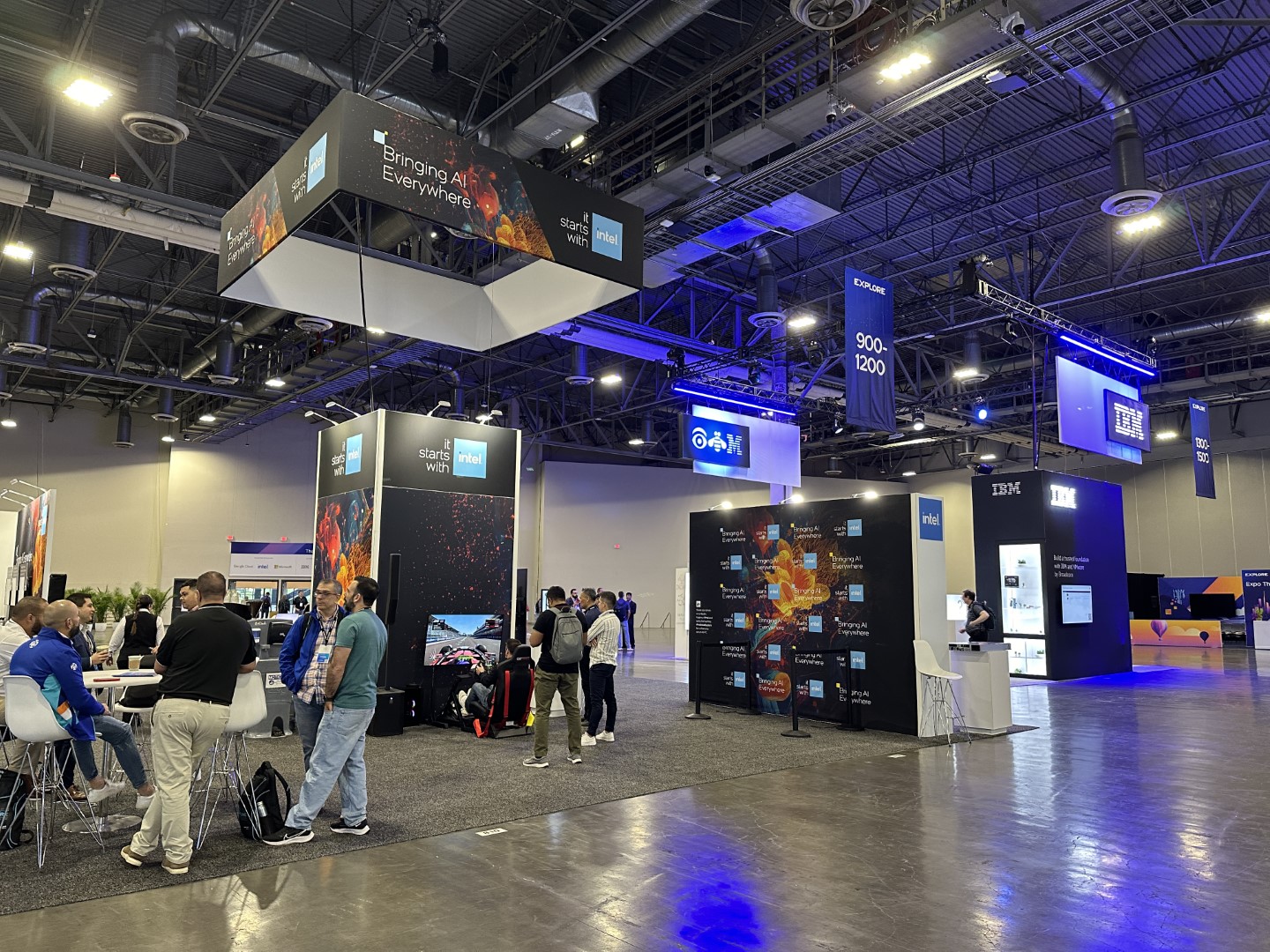
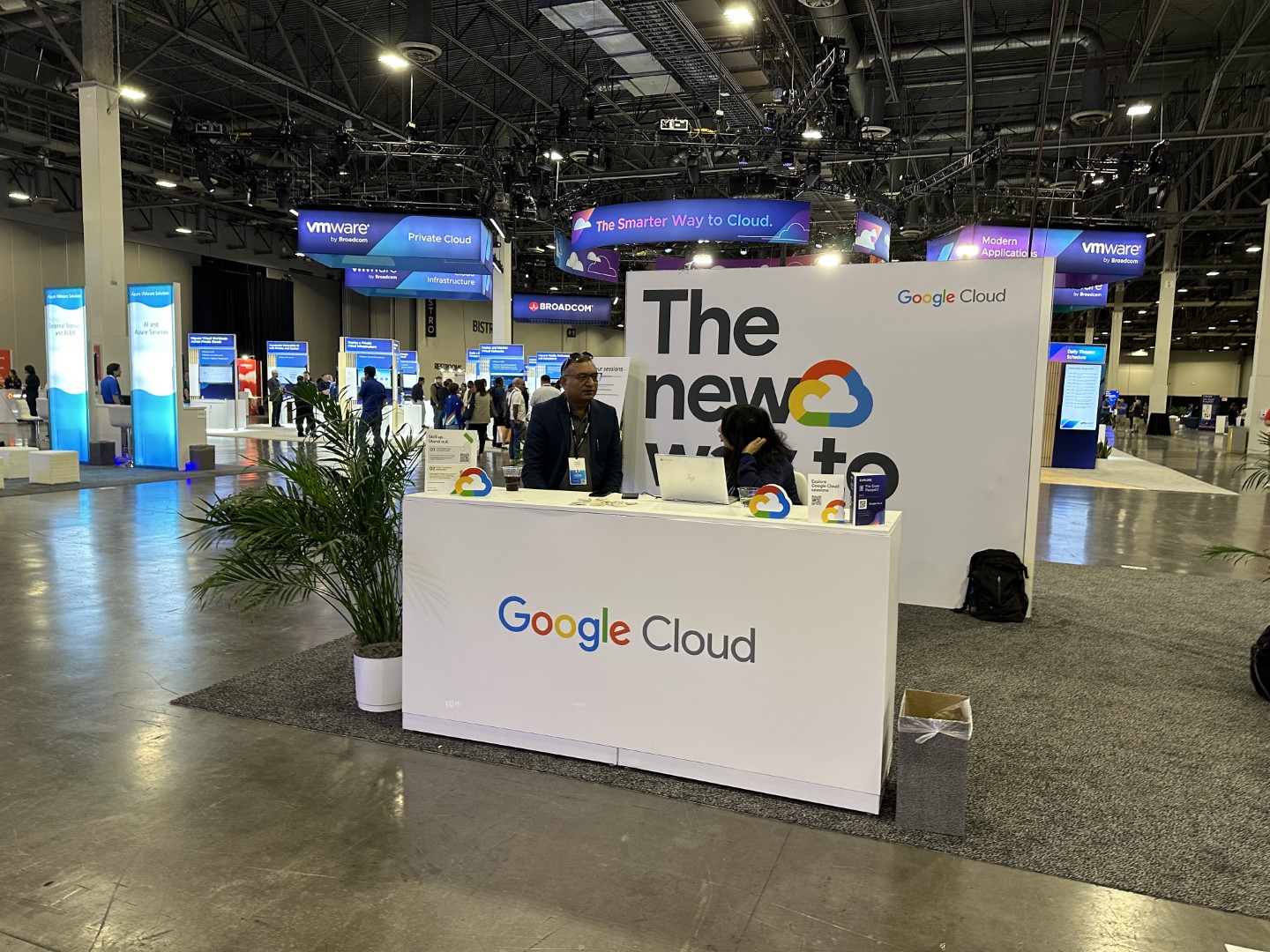
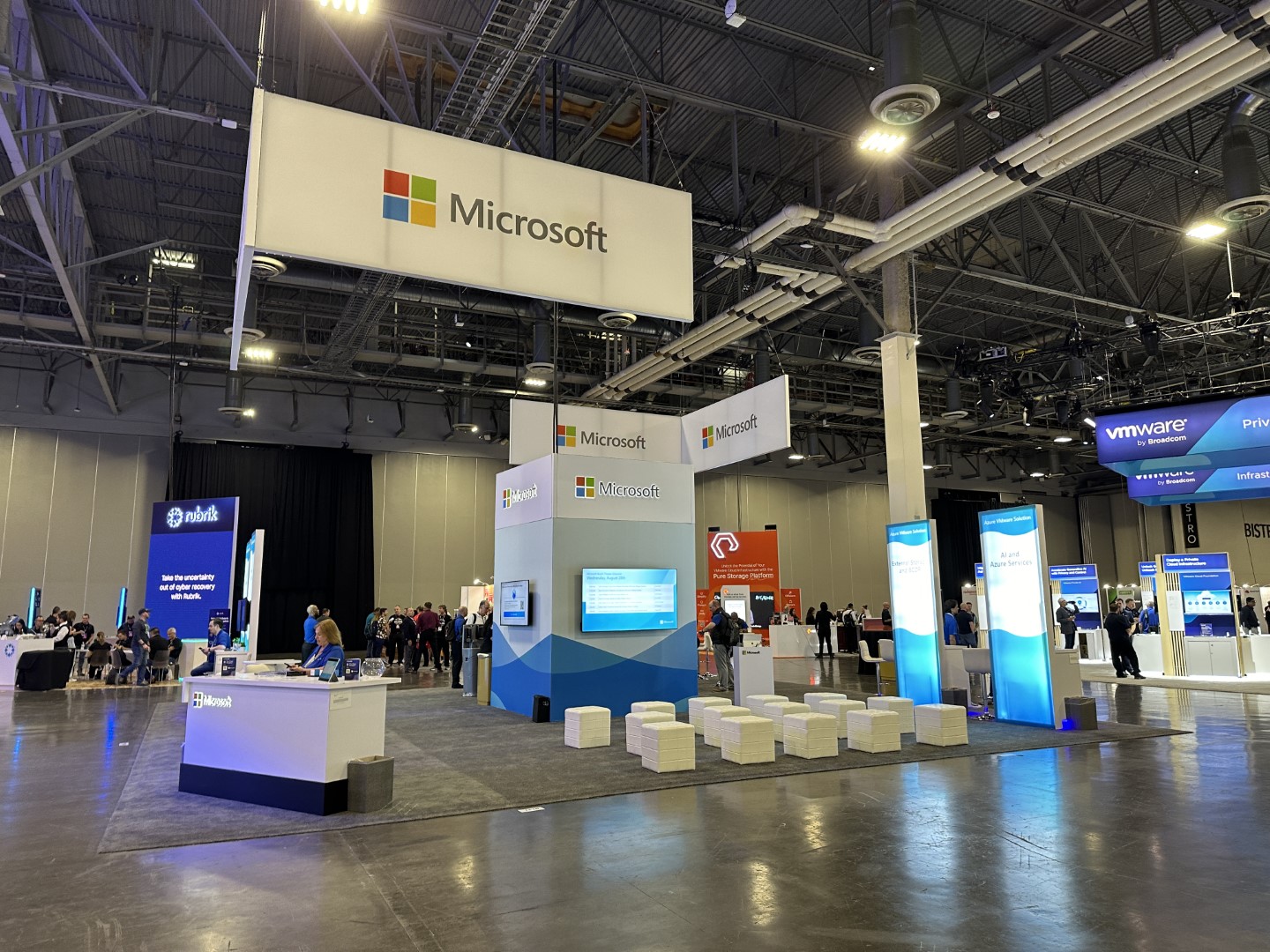
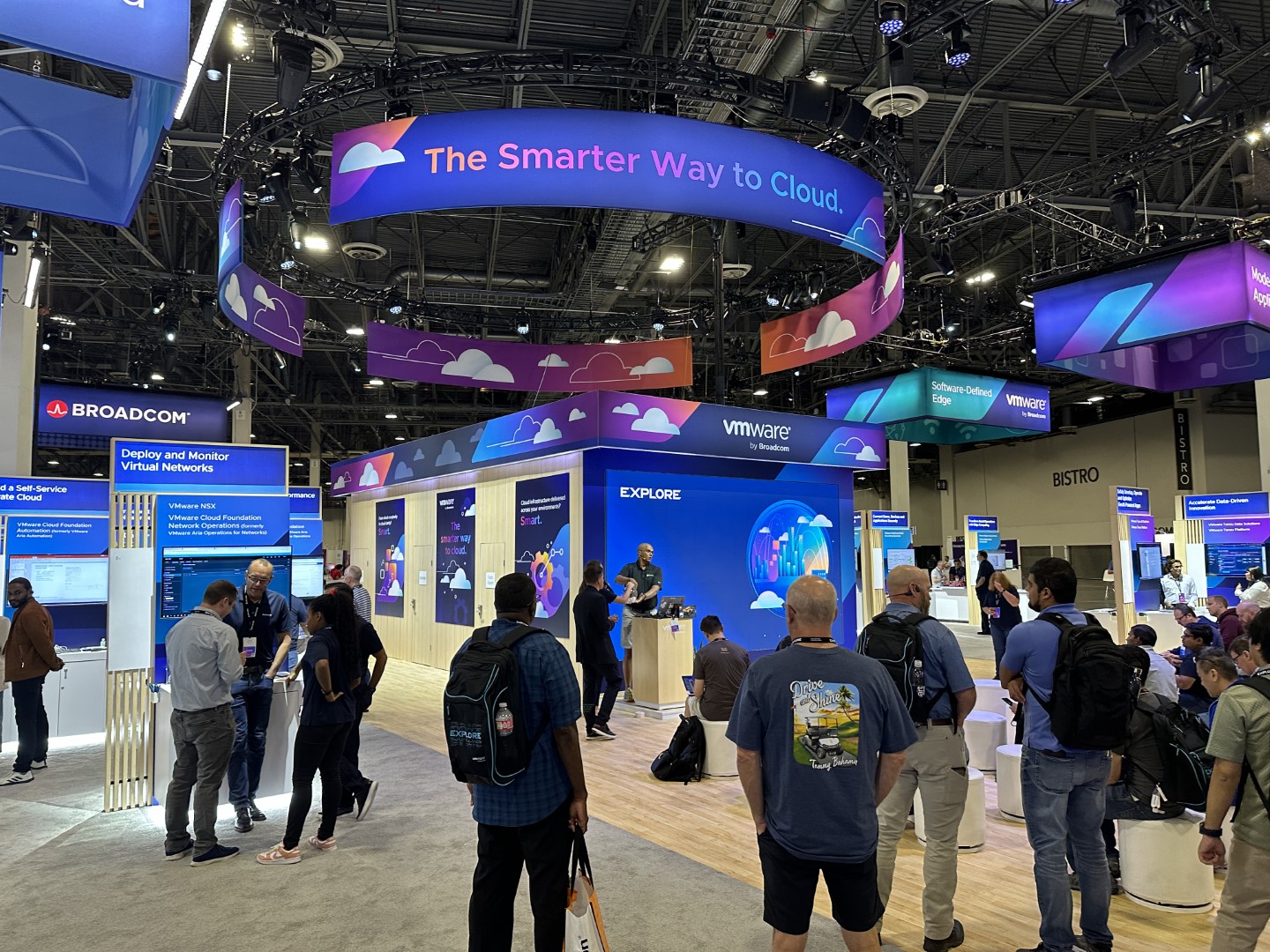
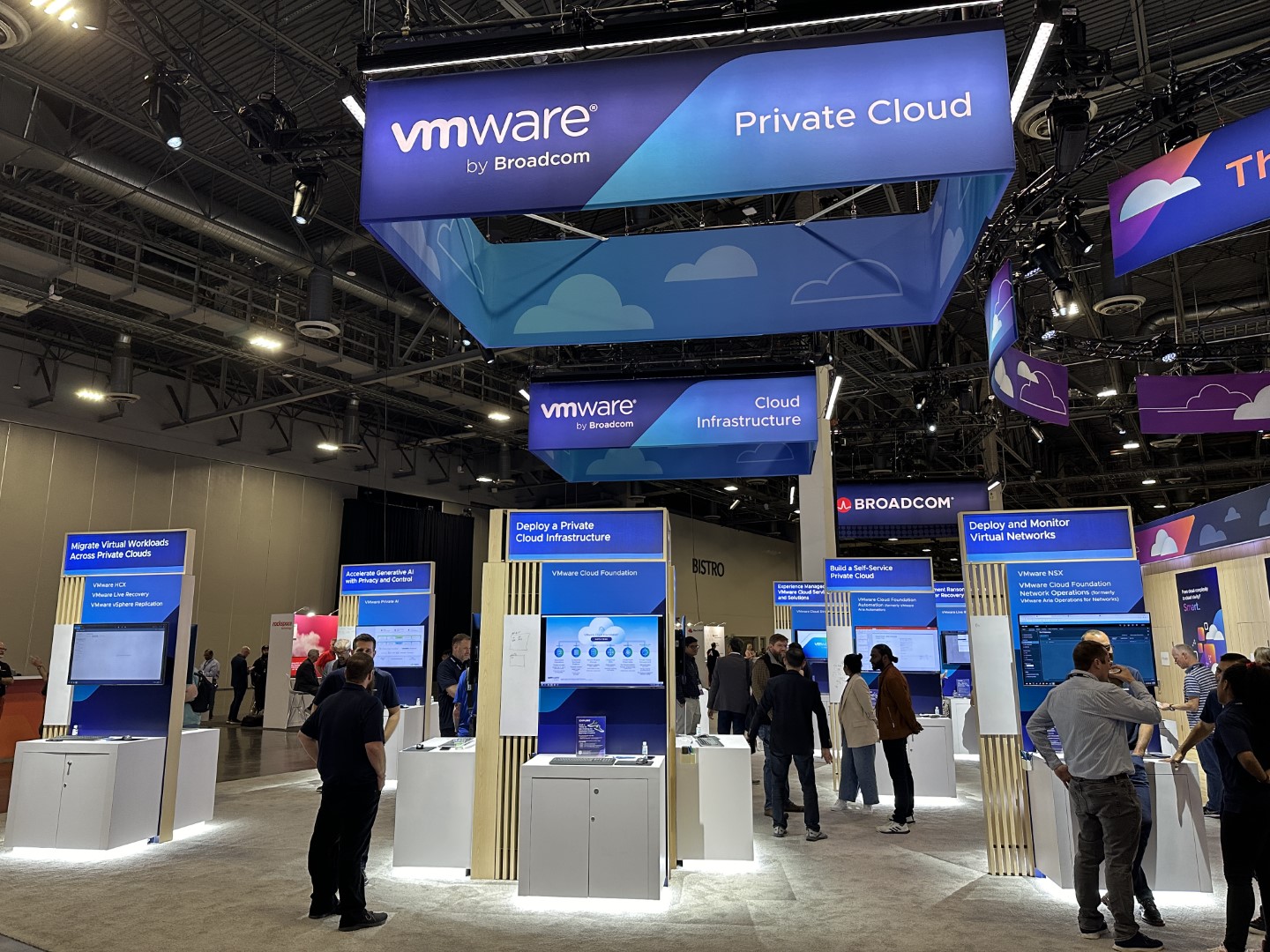
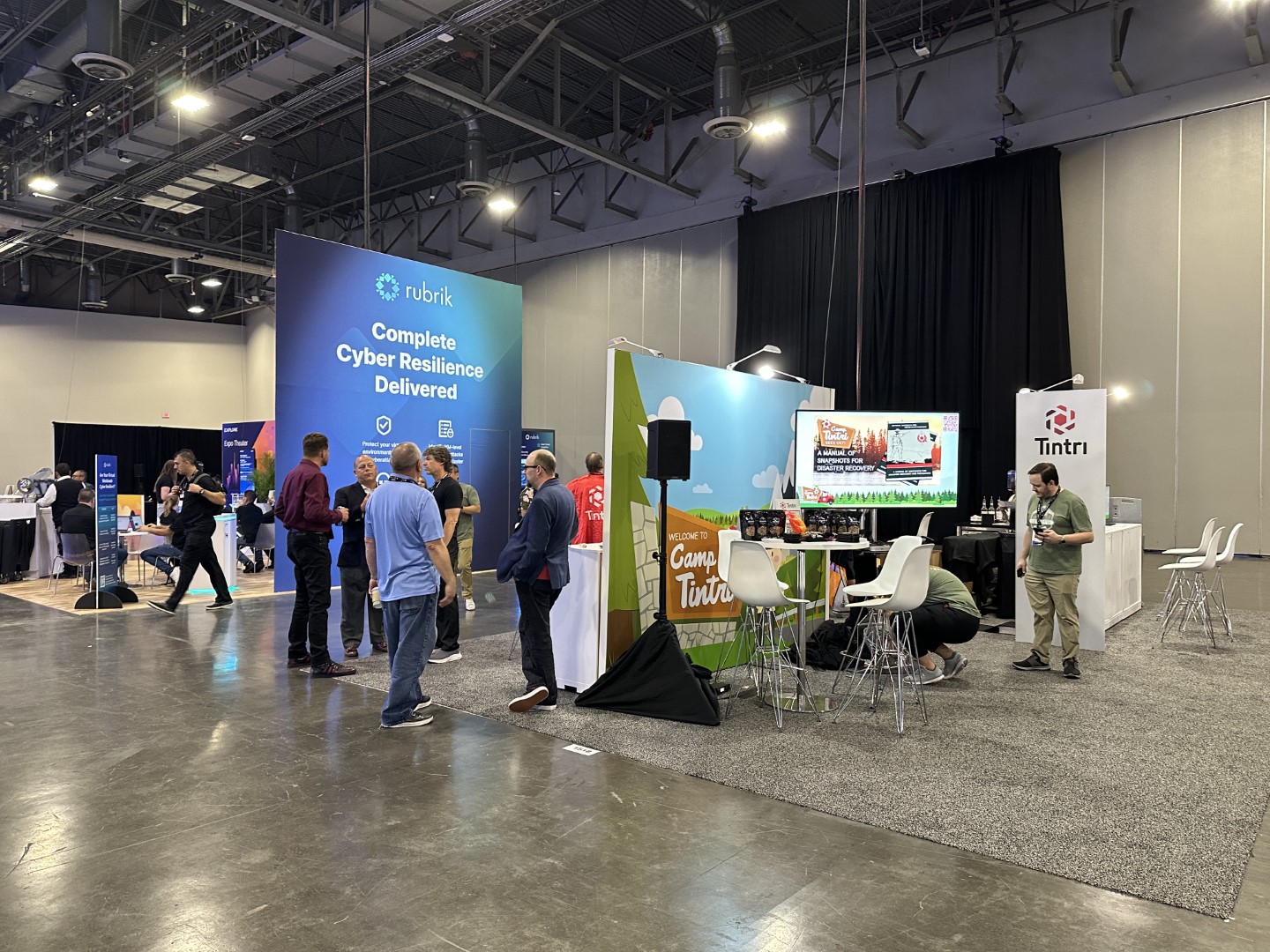
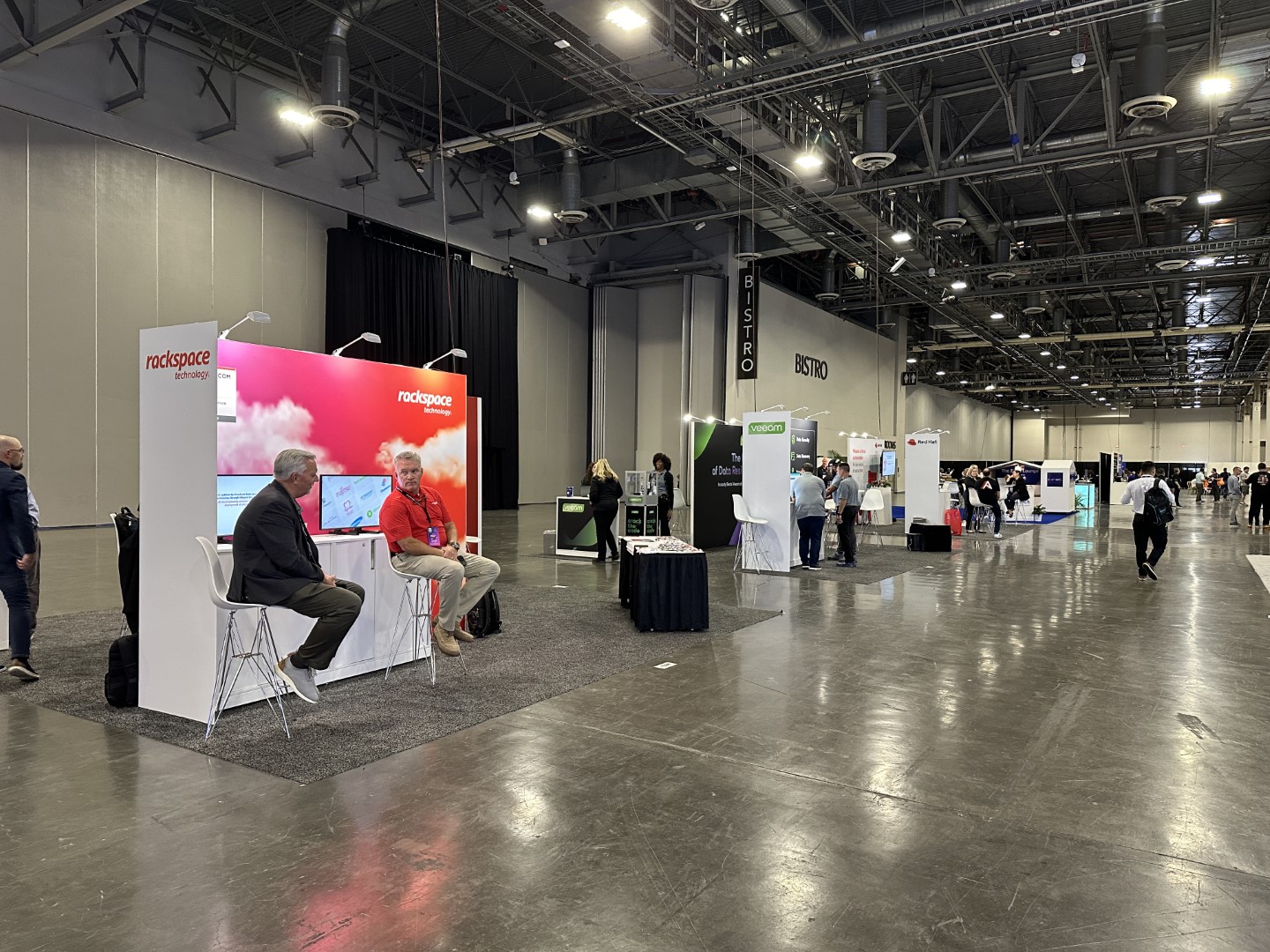
I spent most of my time in the HOL (Hands-On Labs) area since I knew a few folks giving sessions and tours.
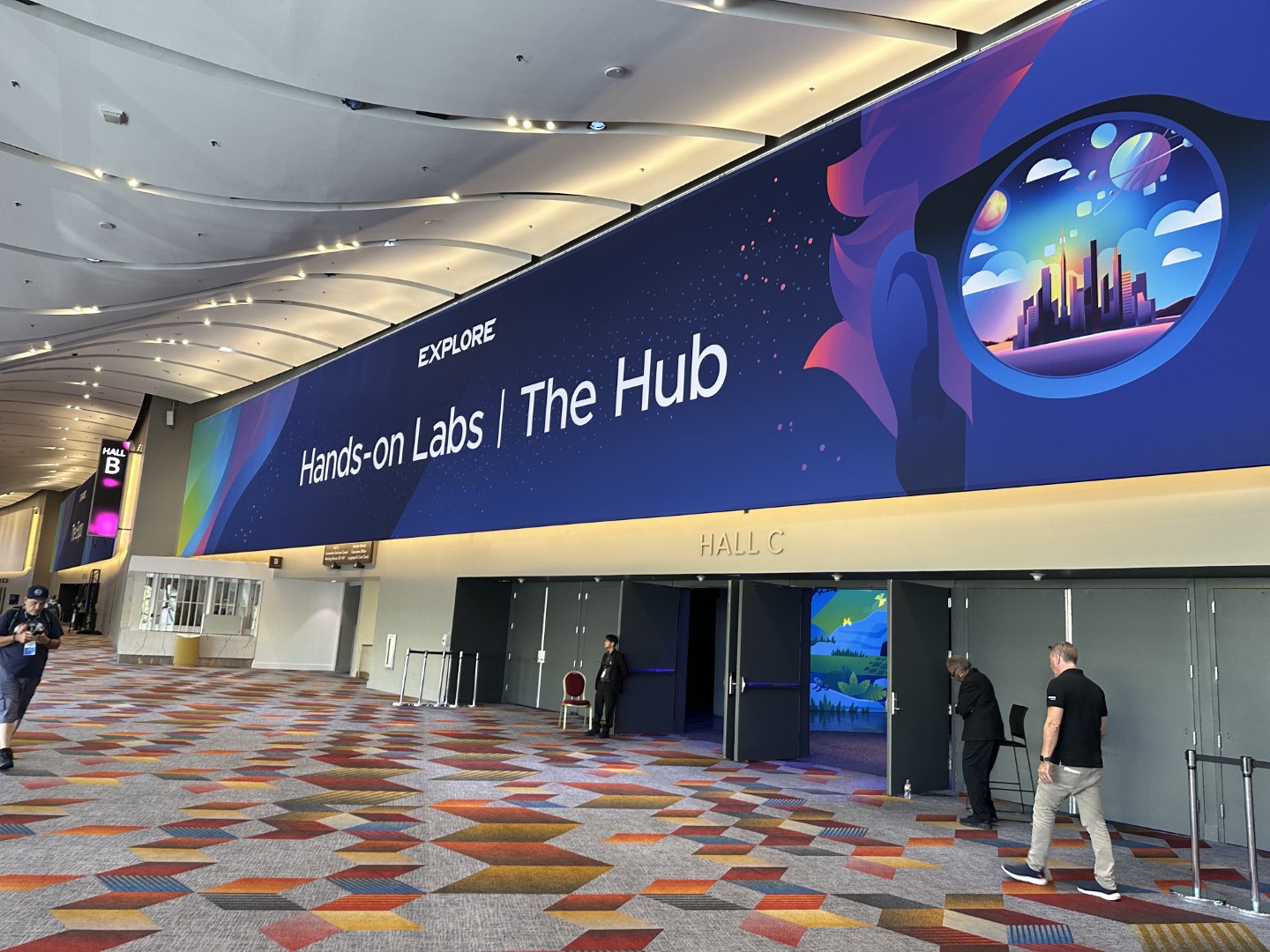
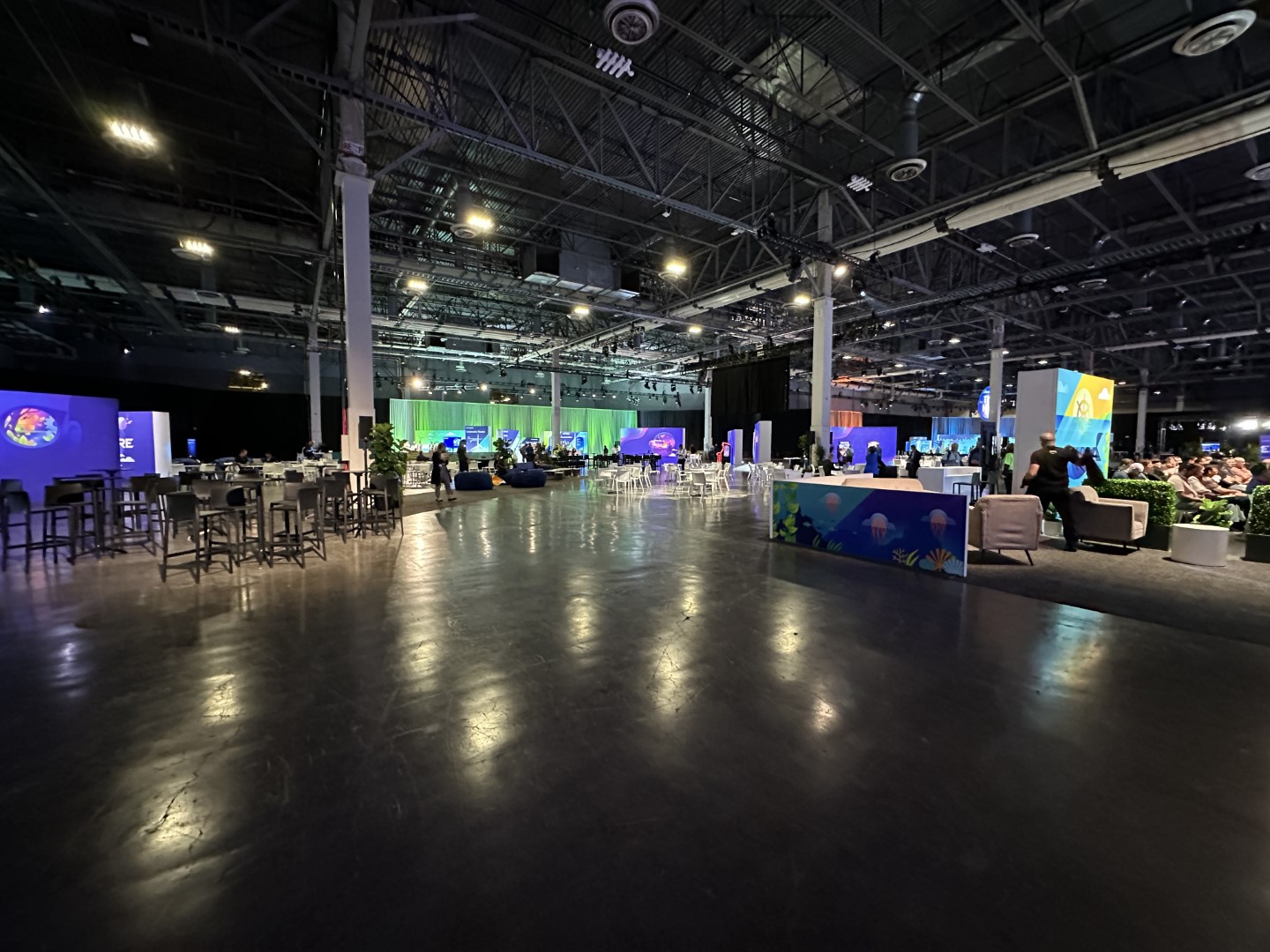
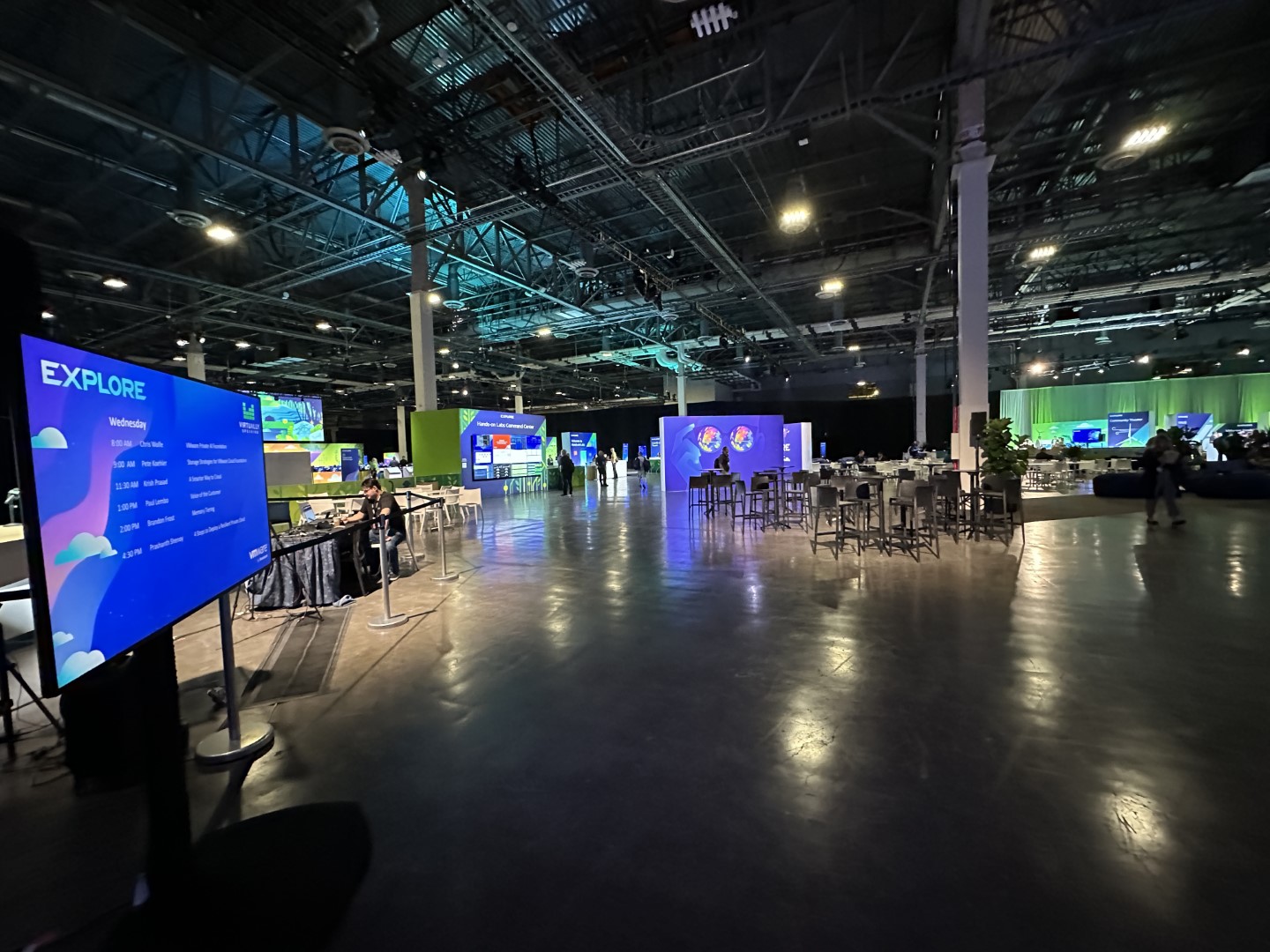
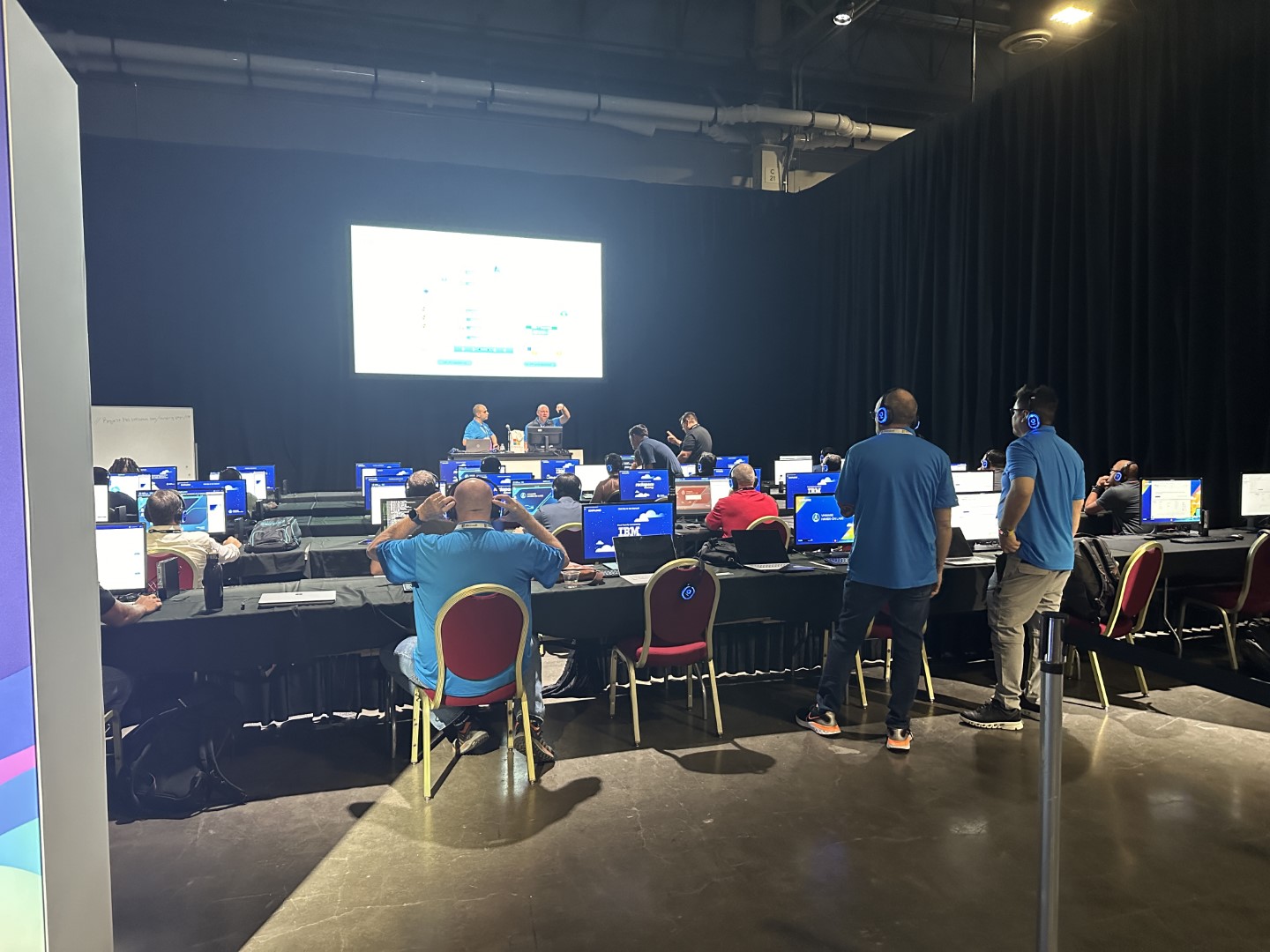
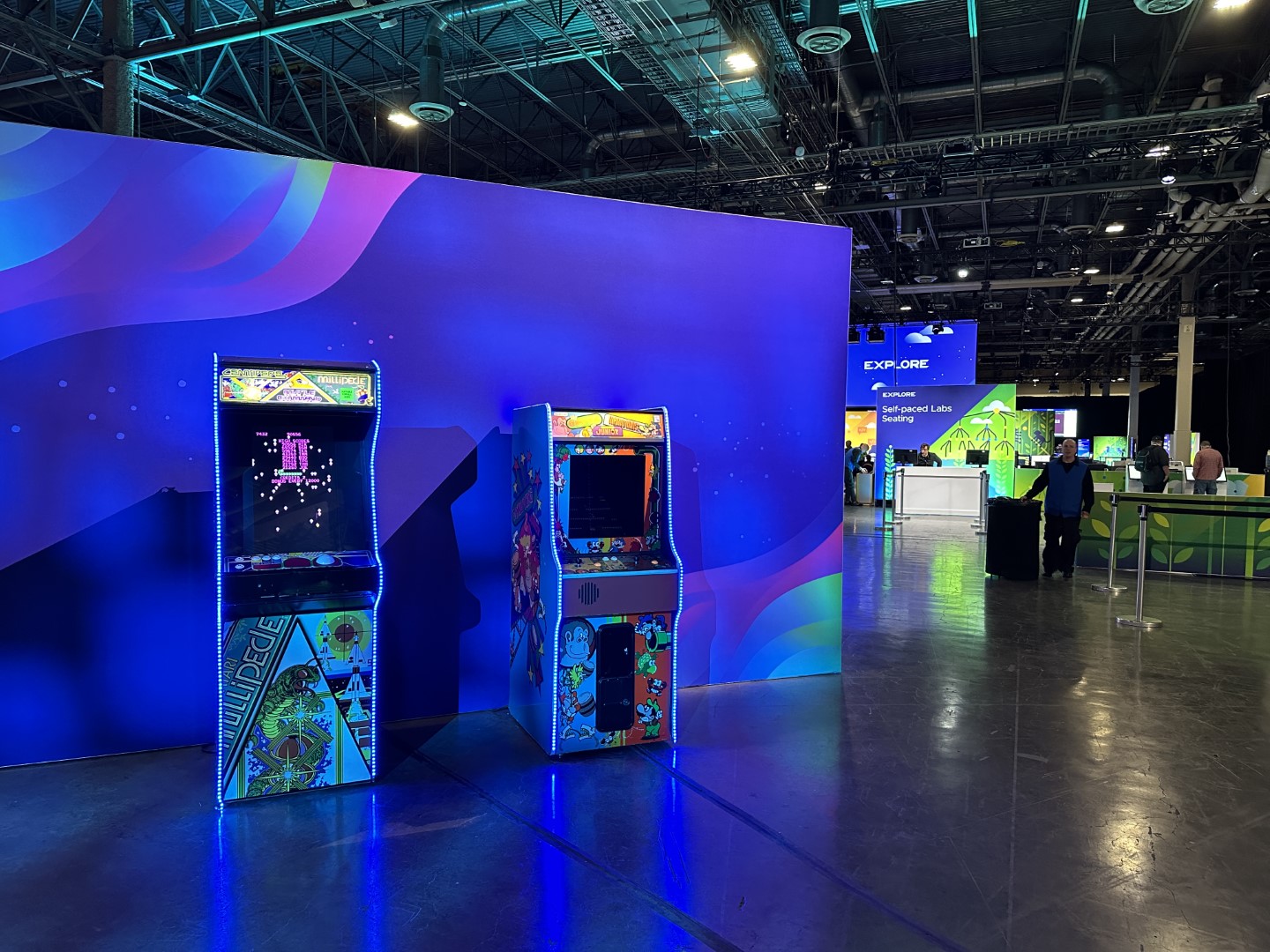
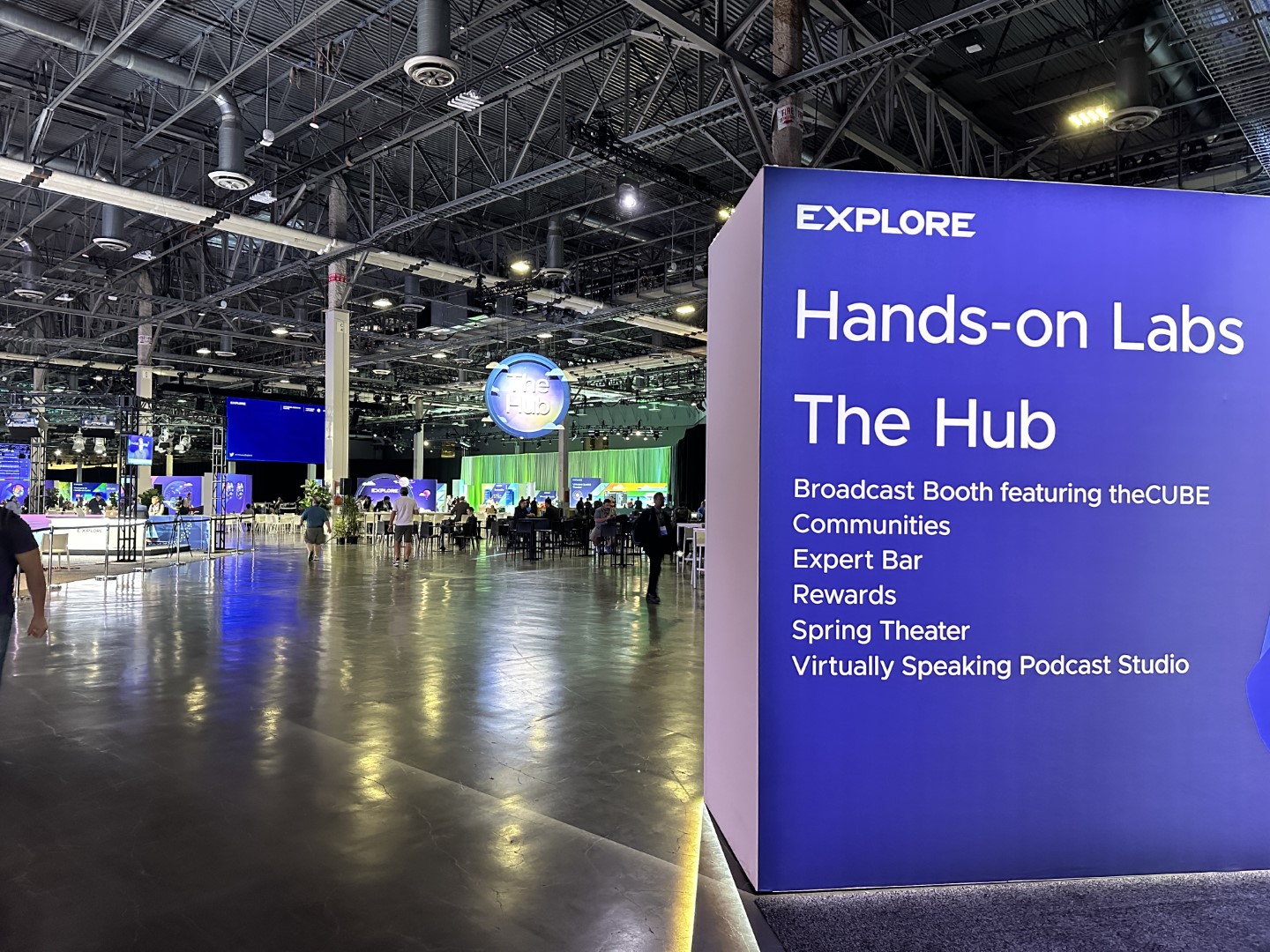
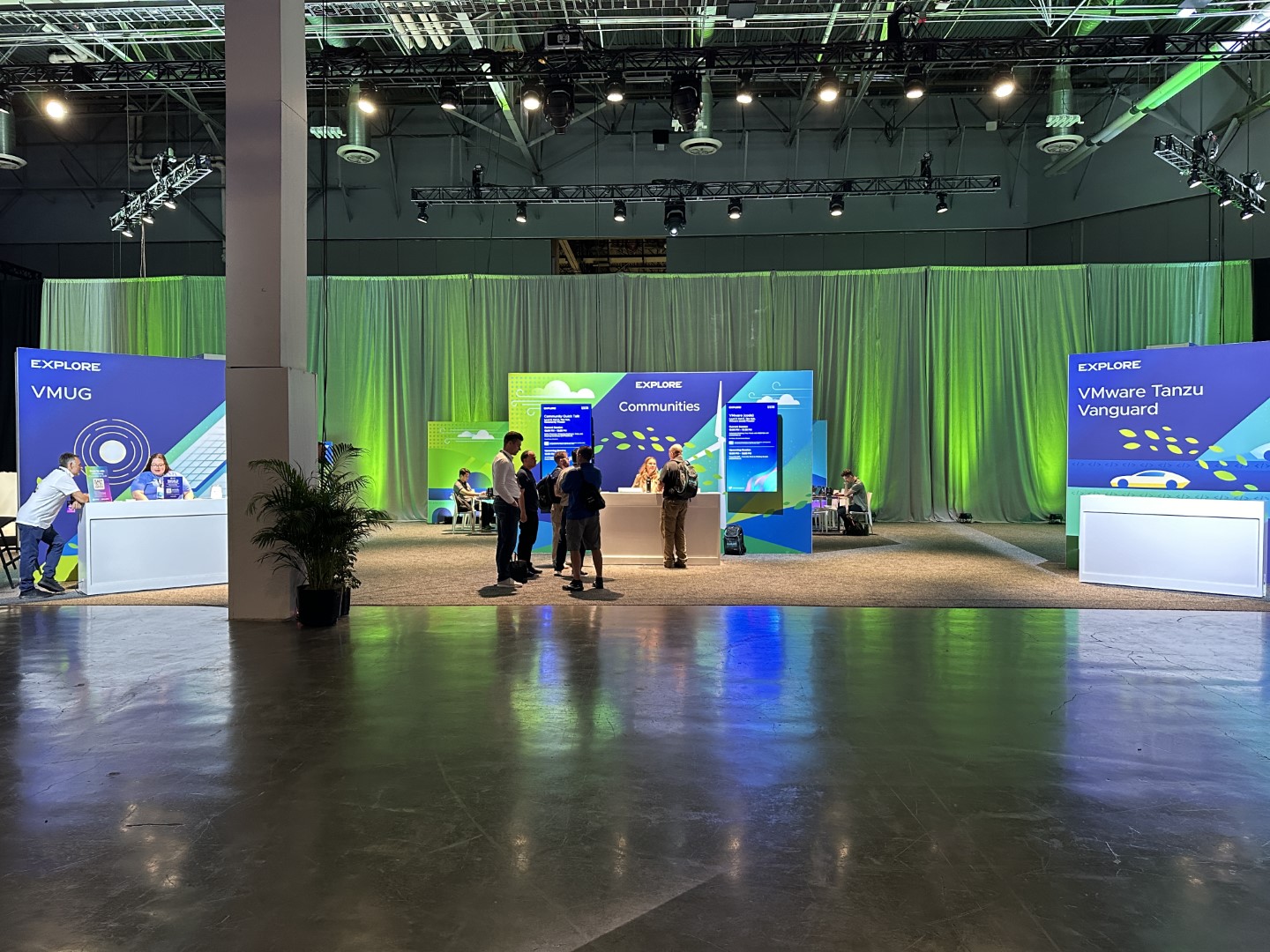
Meeting in-person with some familiar faces and customers as opposed to seeing their avatars on zoom all day is always something I can appreciate.
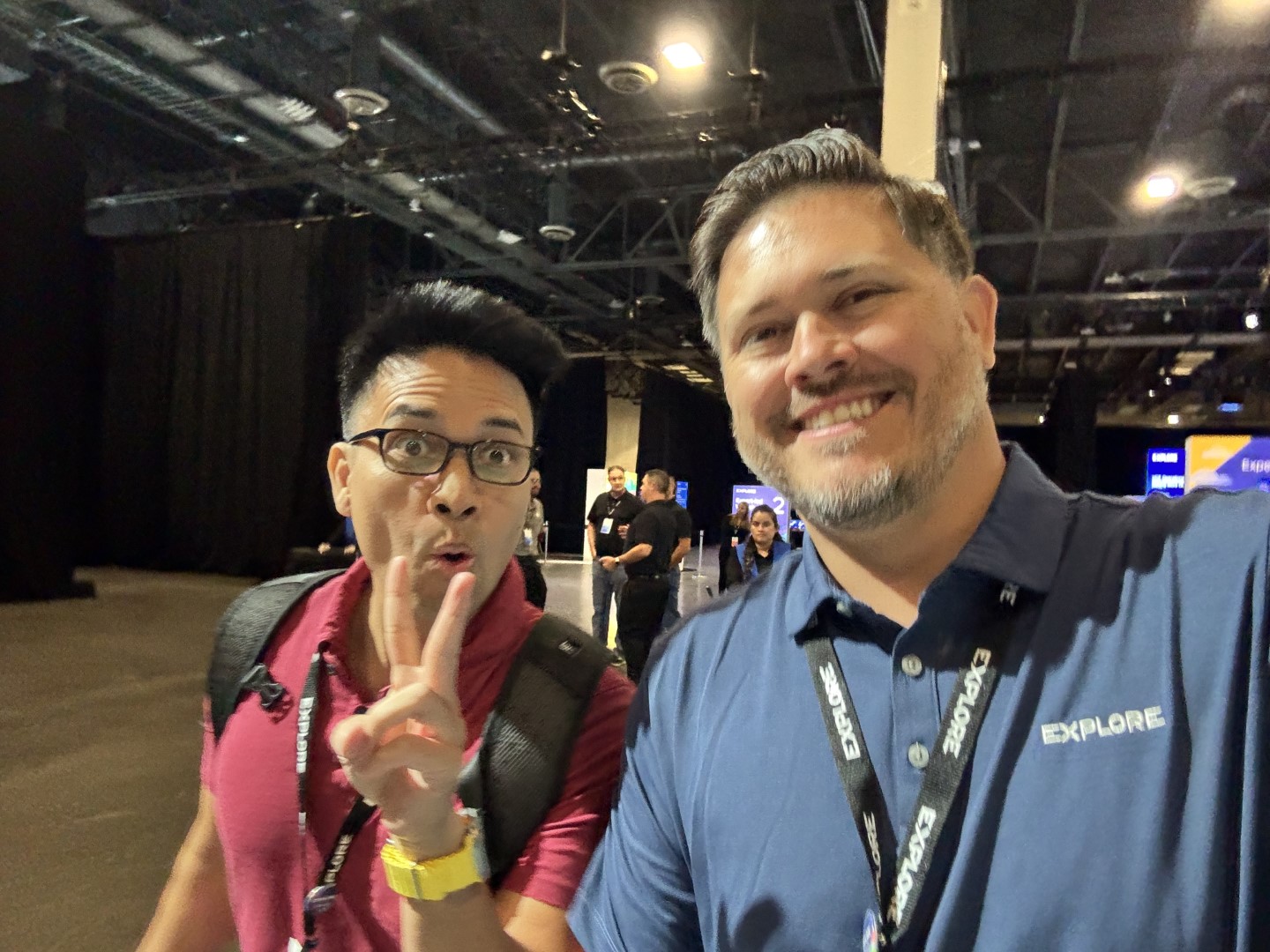
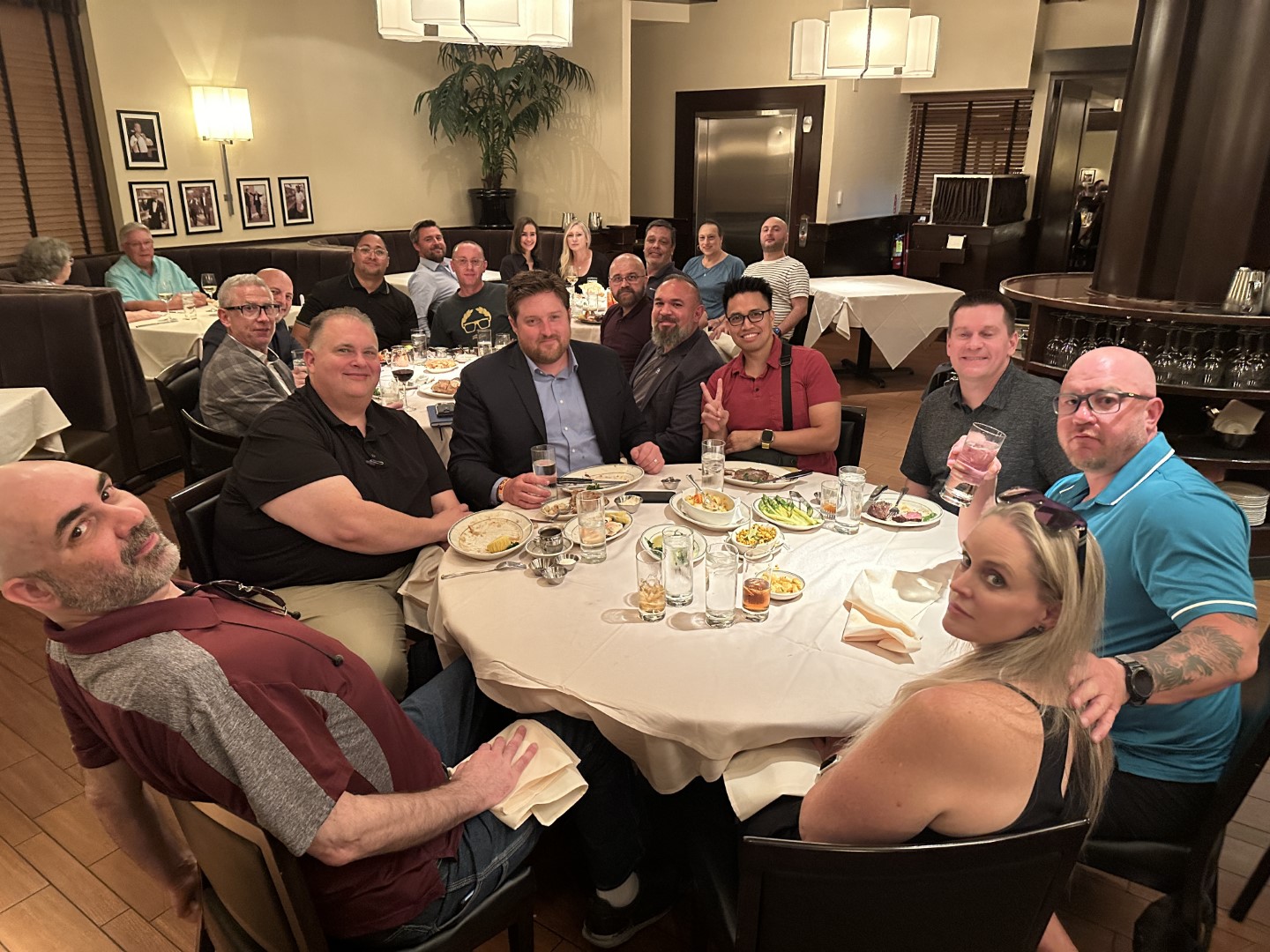
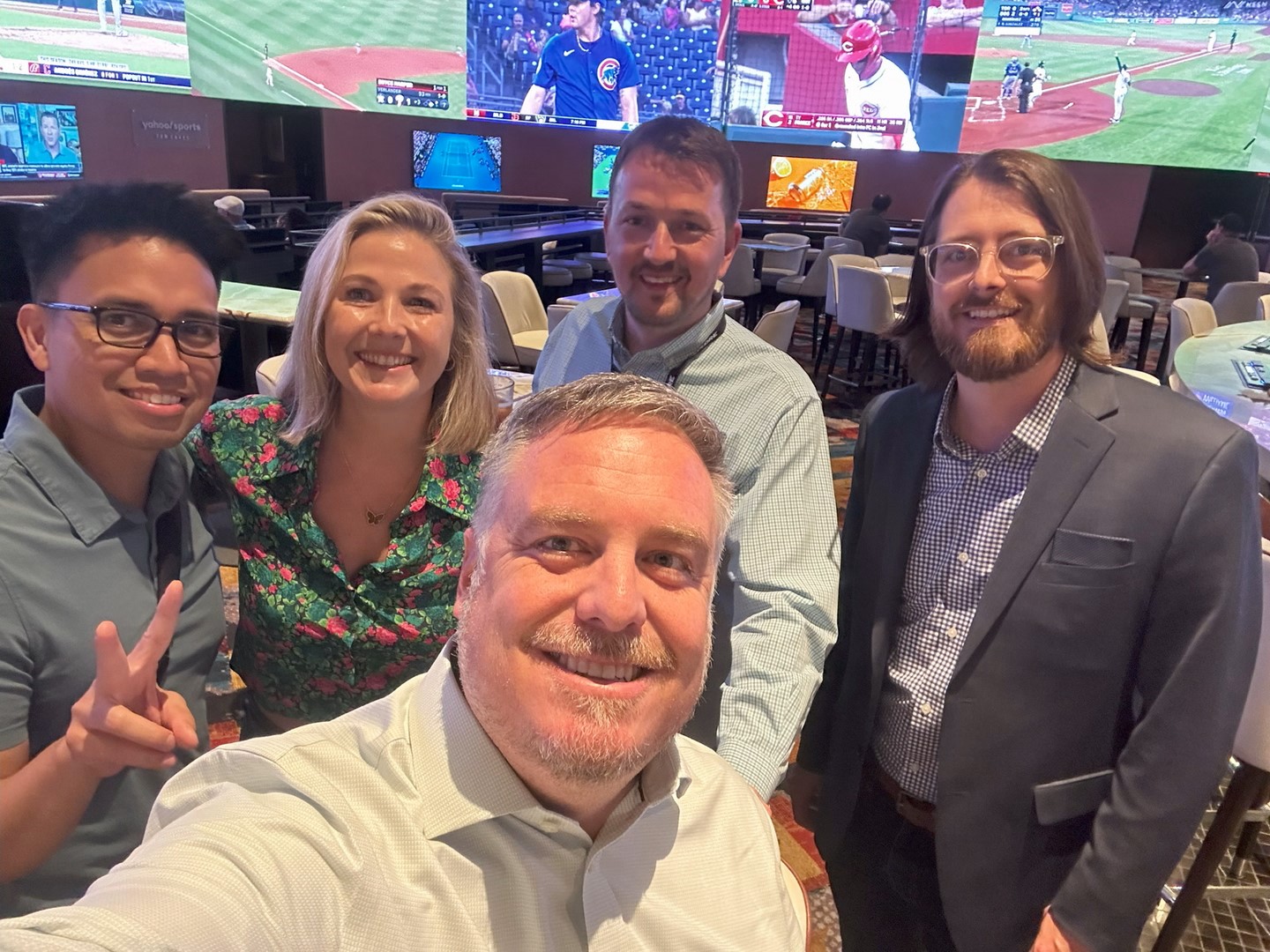
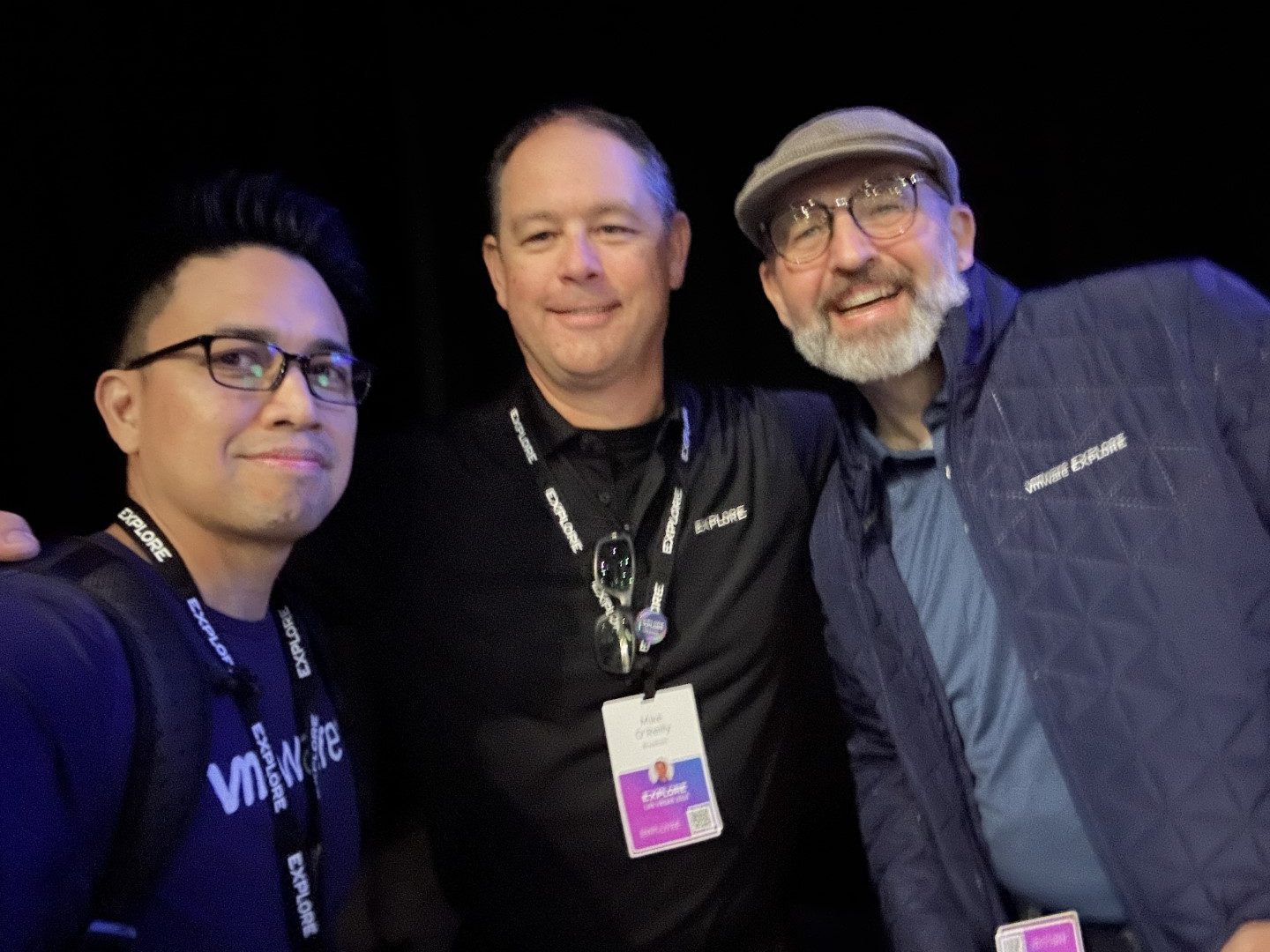
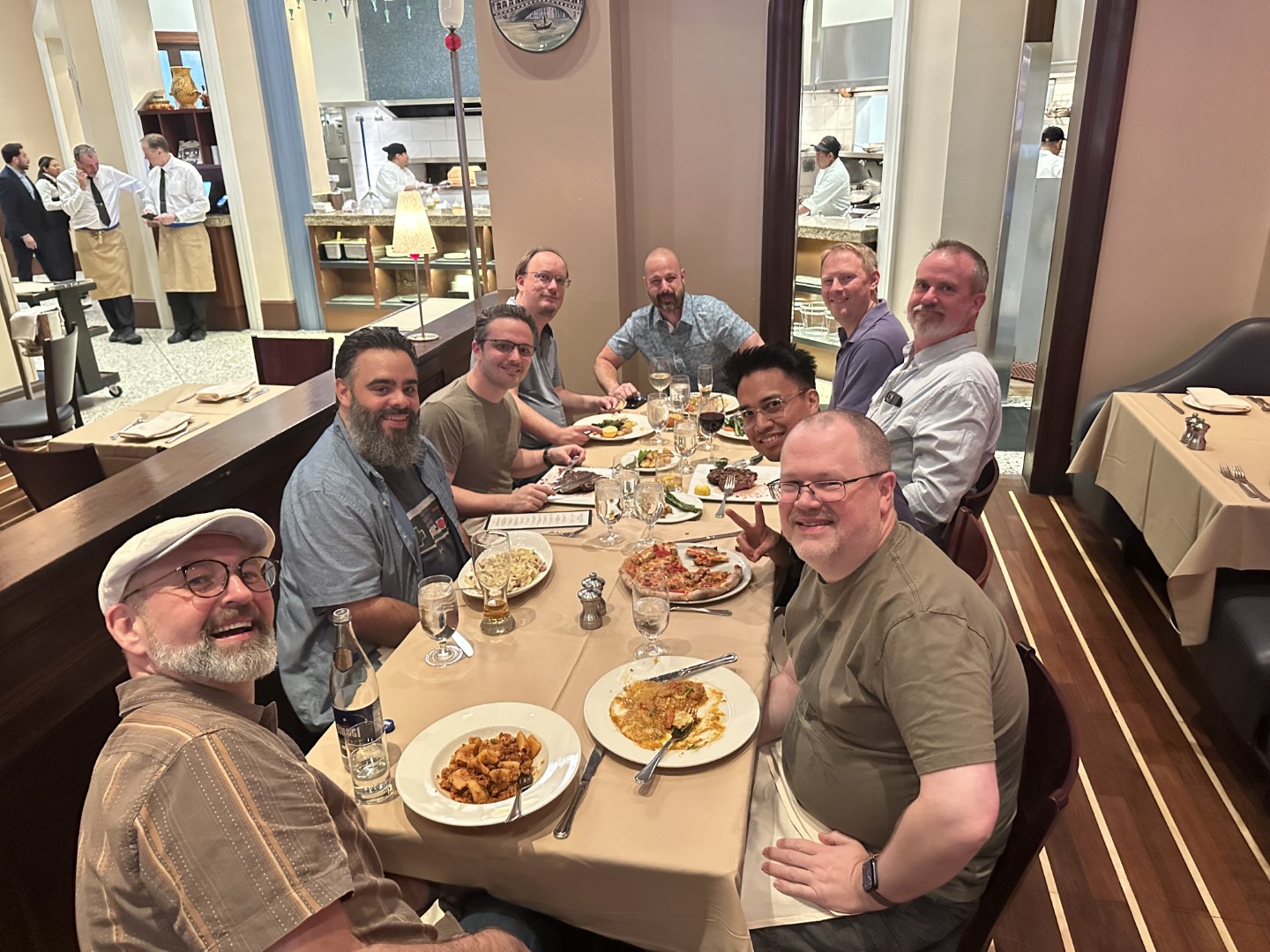
VMware Explore 2024 Backpack
Every VMware conference provides backpacks to it's attendees. The events team unveiled the 2024 backpack a couple of weeks back.

This version is actually pretty decent and functional. I wasn't a big fan of the VMware Explore 2022 backpack but this one is styled much better.
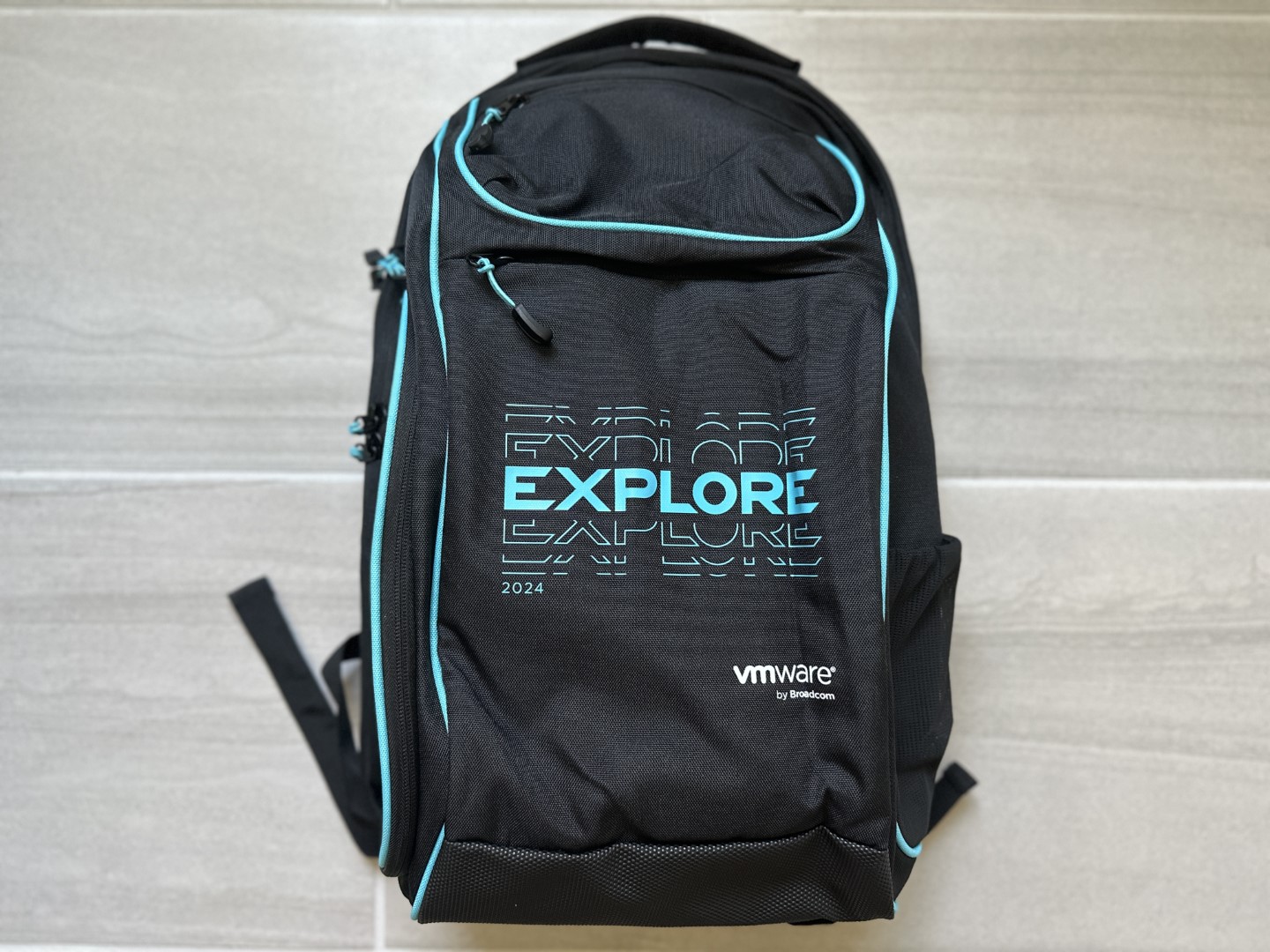
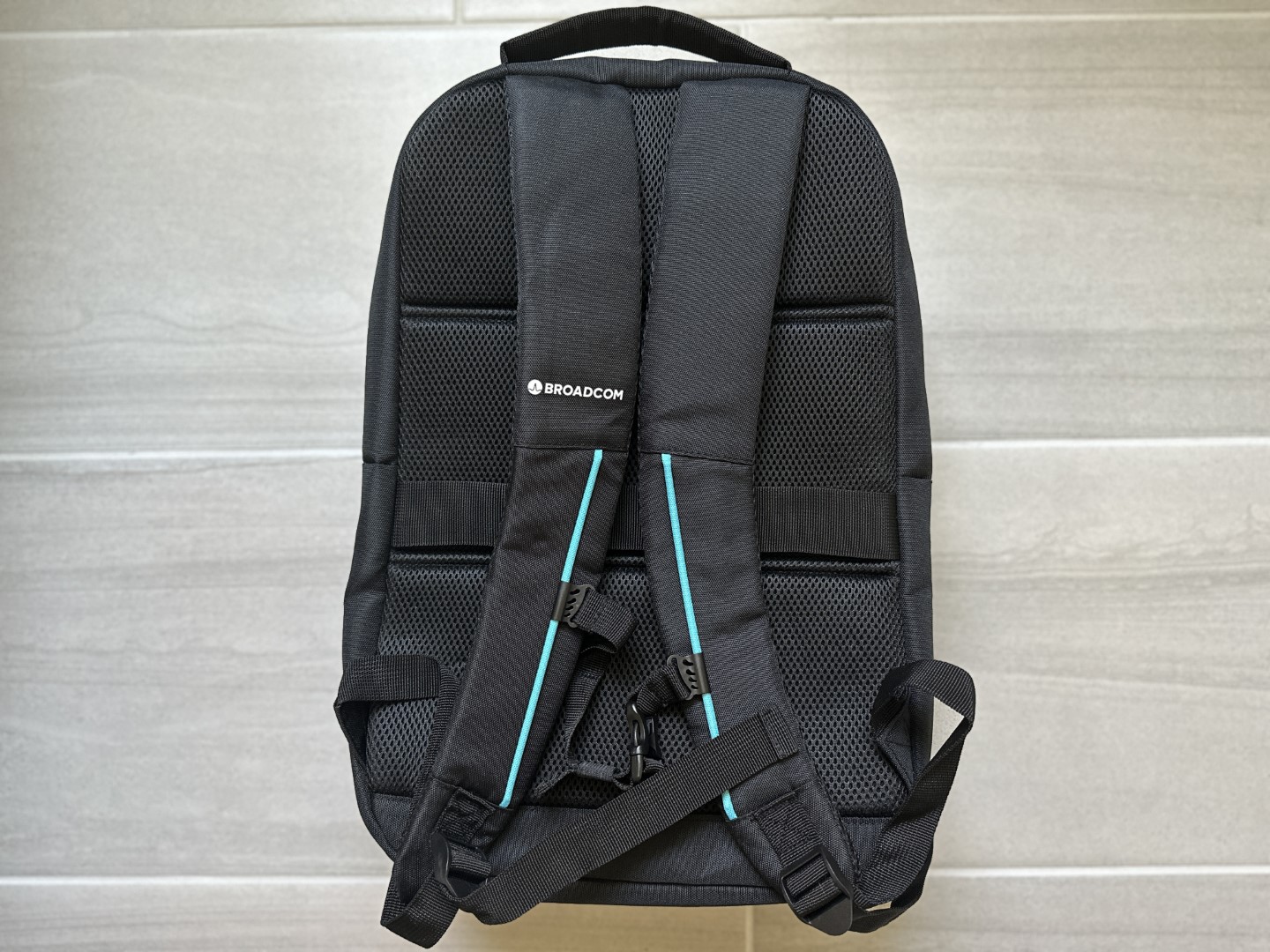
Not sure when I'd ever use this, so it'll be placed onto a pile of the previous years backpacks. 🙂
Product Announcements
Most of the heavy hitter announcements were made during the General Session. With a more consolidated product focus, there were only a few key announcements.
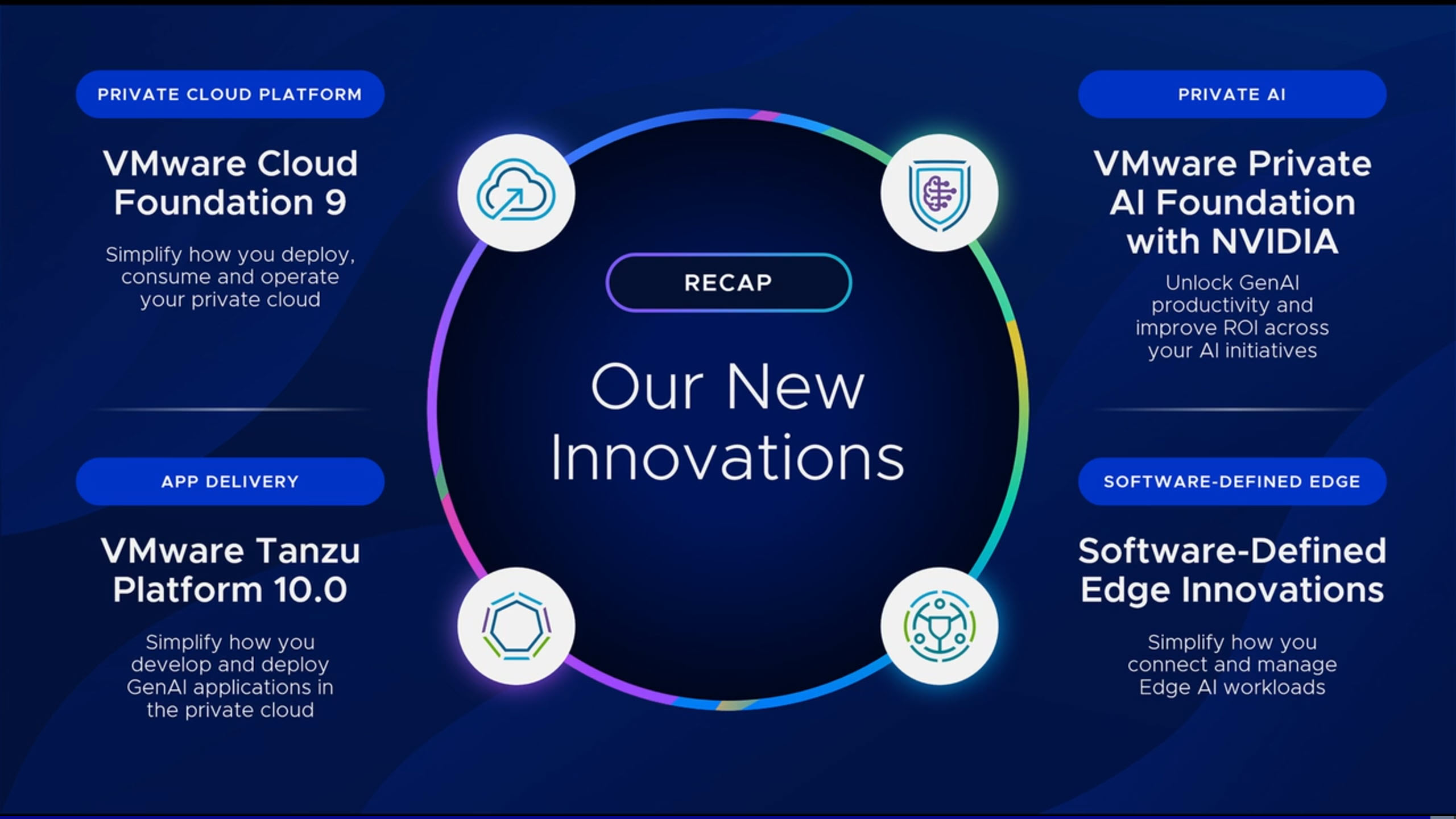
Private Cloud Platform
VMware Cloud Foundation 9
The headlining announcement was the introduction of VMware Cloud Foundation 9. Why 9? I'm assuming since most of our core products that make up VCF are on version 8 like vSphere, vSAN while NSX is on version 4.1.2. Simply just to bring all our applications up to the same versioning.
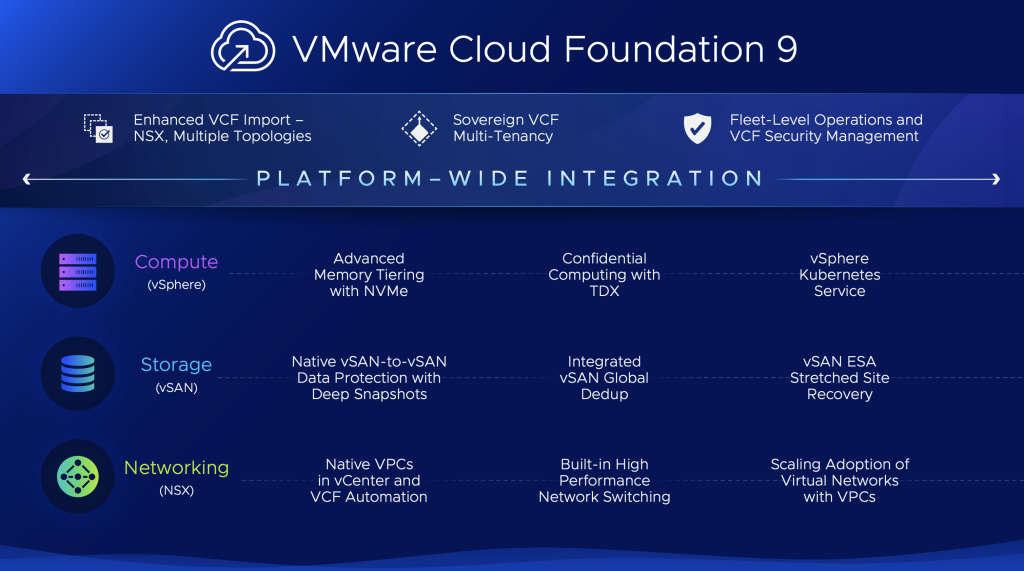
VMware Cloud Foundation 9 is our bet on the Private Cloud Platform. Previously, all the products that make up VCF where all run by different product teams running in their own silos. Now, we've collapsed all of that down together to create this single unified system where all the teams are working towards the same goal! Below are just some of the product advancements coming to VCF 9:
Enhanced VCF Import:
- Integrates VMware NSX and various vSAN topologies directly into VCF environments.
- Reduces downtime during migration, ensuring seamless integration and future-proofing of existing setups.
Fleet-Level Operations and Security:
- Centralized management for all VCF deployments, improving visibility and control.
- Unified security configurations across the entire fleet reduce vulnerabilities and enhance compliance.
Compute Enhancements:
- Advanced Memory Tiering with NVME: This feature optimizes memory management by offloading cold data to NVMe storage while keeping hot data in DRAM. This results in a 40% improvement in server consolidation, enabling businesses to run more workloads on fewer servers.
- vSphere Kubernetes Service Enhancements: VCF will include out-of-the-box support for Windows containers, direct network connectivity through VPC, and native OVF support, enhancing the flexibility and scalability of containerized applications.
Storage Capabilities with vSAN:
- Native vSAN-to-vSAN Data Protection with Deep Snapshots: Offers near-instantaneous data recovery with 1-minute RPOs, providing robust disaster recovery and data resilience.
- vSAN ESA Stretched Site Recovery: Ensures business continuity by maintaining operations and data availability even during dual-site failures, supporting critical applications with stretched cluster architecture.
Networking Innovations:
- Native VPCs in vCenter and VCF Automation: Simplifies the creation and management of secure, isolated networks, reducing the complexity and time required to set up virtual networks.
- Easy Transition from VLAN to VPC: Streamlines the migration from traditional VLAN-based networks to VPCs, simplifying network management and improving security.
App Delivery
VMware Tanzu Platform 10.0
Also announced was VMware Tanzu Platform 10 which helps accelerate cloud native application delivery within the private cloud.
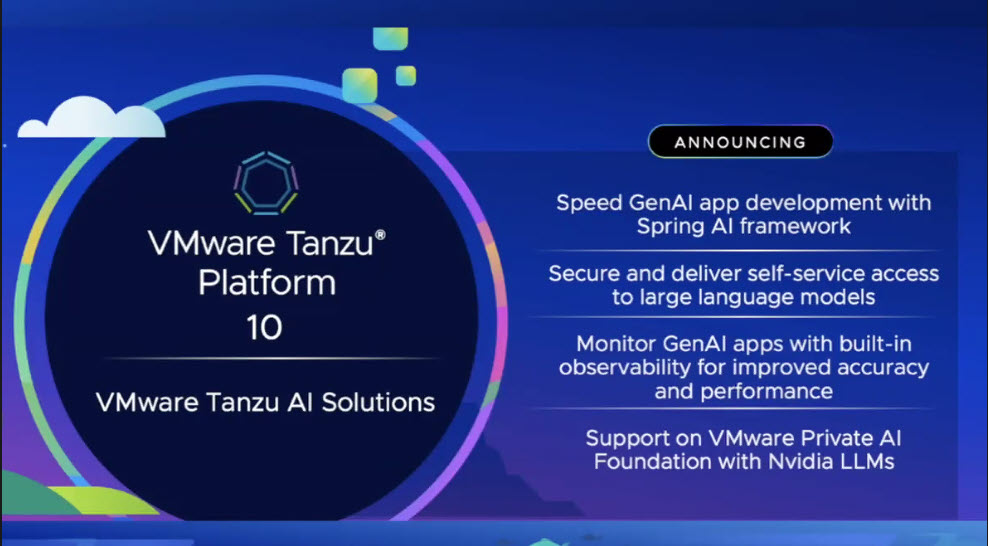
Below are some of the features that will be available for Tanzu Platform 10:
- A Cloud-Foundry-like developer experience for Kubernetes with application spaces that introduces an application-centric layer of abstraction to allow applications to run with consistent operational governance and compliance. The abstraction model will create a clean separation of concerns between stakeholders: developers can focus on their applications without worrying about infrastructure details; while platform and operations teams can focus on managing infrastructure at scale, defining configurations to meet organizational governance and compliance requirements
- Significantly faster start-up times for Spring applications with enhanced Java buildpacks in Tanzu Spring, commercial Spring features built into Tanzu Platform.
- Air-gapped environment support for off-network, self-managed, private cloud environments with a simple, self-configuring installation experience that preconfigures Tanzu Platform for VMware Cloud Foundation. With a simple CLI command, Kubernetes cluster creation and networking configuration are automated, creating a ready-to-consume private cloud developer platform.
- Hardened VM and OSS images available through the Tanzu Application Catalog are now integrated directly into Tanzu Platform hub, enabling hardened VM and OSS images to be deployed with Tanzu Platform. This enables IT operations teams to ensure that only validated, secure packaged images are deployed within their private cloud estate. This integration also brings continuous vulnerability scanning of VM and OSS images to ensure customers are running secure workloads.
Private AI
VMware Private AI Foundation with Nvidia
So last year at Explore 2023, VMware announced their partnership with NVIDIA to deliver Private AI. This year was more to announce some new features and capabilities coming within VCF.
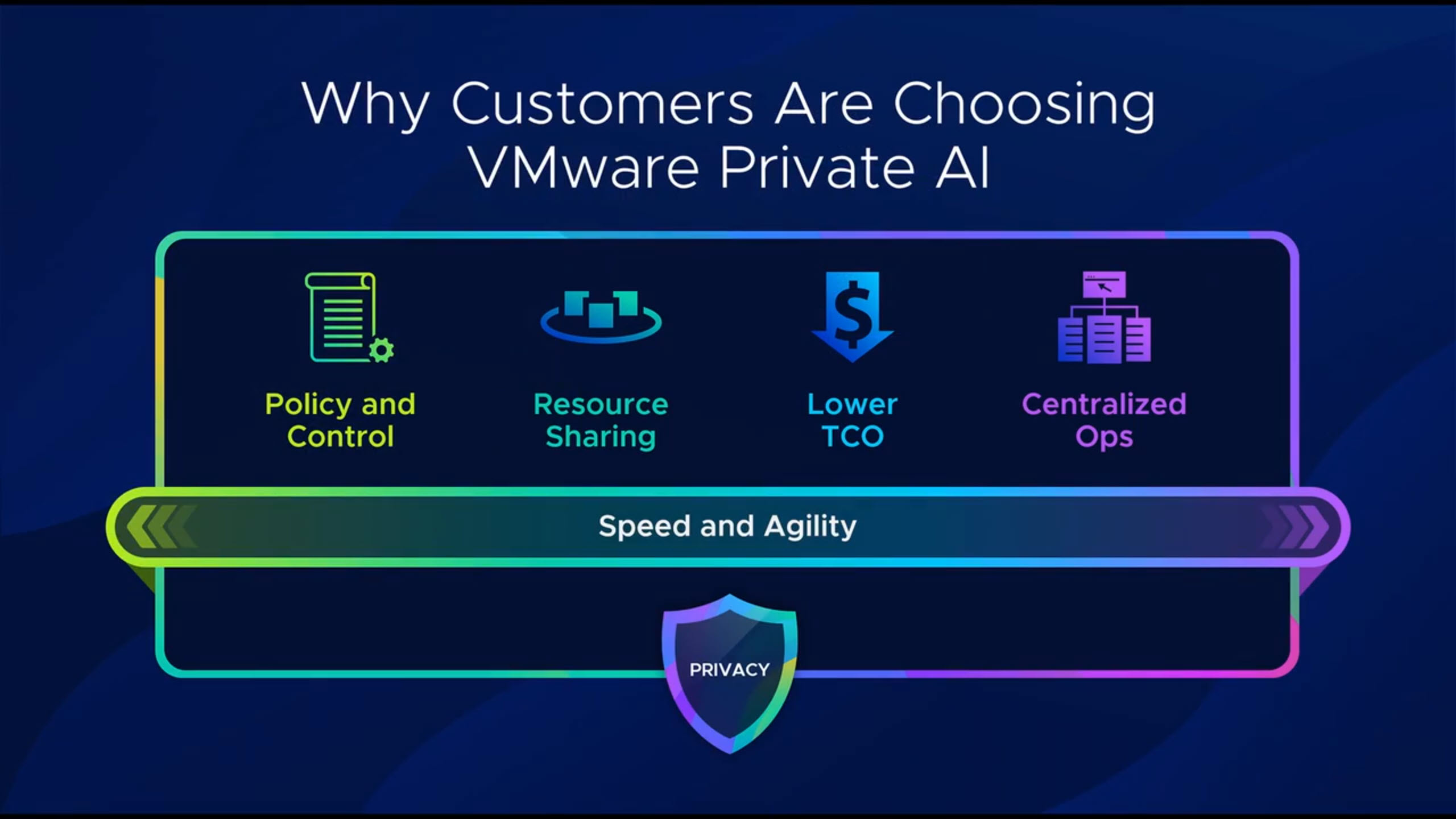
Some of the innovations coming on the horizon are listed below:
- Model Store: Currently, some enterprises lack the proper governance measures for downloading and deploying LLMs. With the introduction of the Model Store capability, MLOps teams and data scientists can curate and provide secure LLMs with integrated access control (RBAC). This can help ensure the governance and security of the environment and the privacy of enterprise data and IP.
- Guided Deployment: Deploying Gen AI on VCF requires creating a Workload Domain and deploying additional components, which may be time-consuming for administrators. With this new capability, the workload domain creation workflow and deployment of other components of VMware Private AI Foundation with NVIDIA will become significantly more streamlined. This can significantly increase deployment speed, reduce admin time, and lead to a faster time to market.
- NVIDIA NIM Agent Blueprints: NVIDIA NIM Agent Blueprints, announced today, are reference AI workflows for specific use cases that enable enterprises to build their own generative AI flywheels. NIM Agent Blueprints include all the AI tools developers need to build and deploy customized generative AI applications. The first NIM Agent Blueprints include a digital human workflow for customer service, a generative virtual screening workflow for drug discovery, and a multimodal PDF data extraction workflow for enterprise RAG.
- Ecosystem expansion: Broadcom is excited to add new ISVs (Independent Software Vendors) and SIs (System Integrators) to the VMware Private AI Foundation with NVIDIA ecosystem who can help deploy special AI applications to support developers with code generation and deploying Gen AI applications quickly.
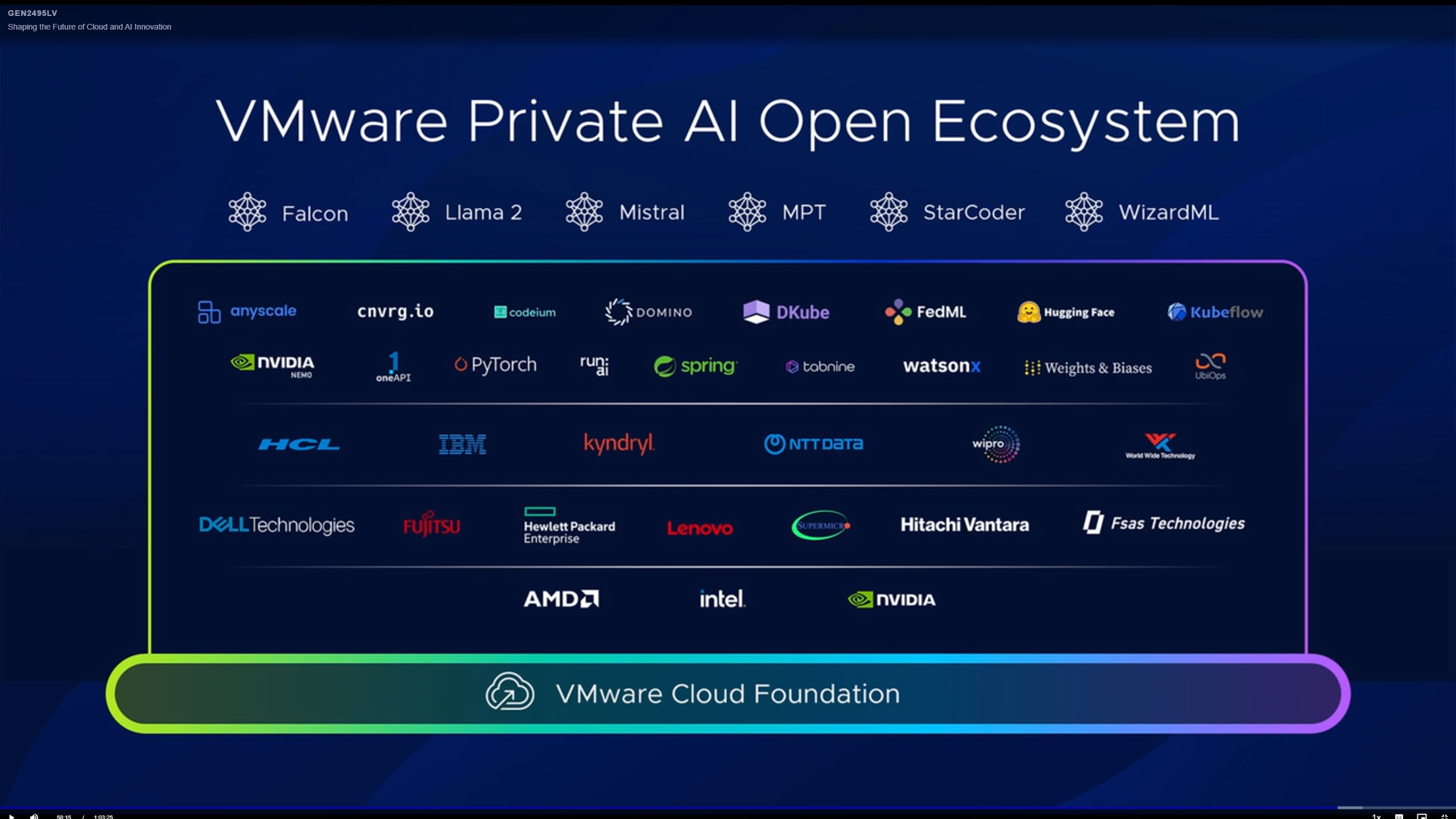
Software-Defined Edge
Software-Defined Edge Innovations
Most enterprises nowadays operate in a distributed fashion. Their edge use case may differ from enterprise to enterprise such as remote offices, retail locations, medical centers or even mobile vehicles. VMware announced more developments across the software-defined edge portfolio during Explore.
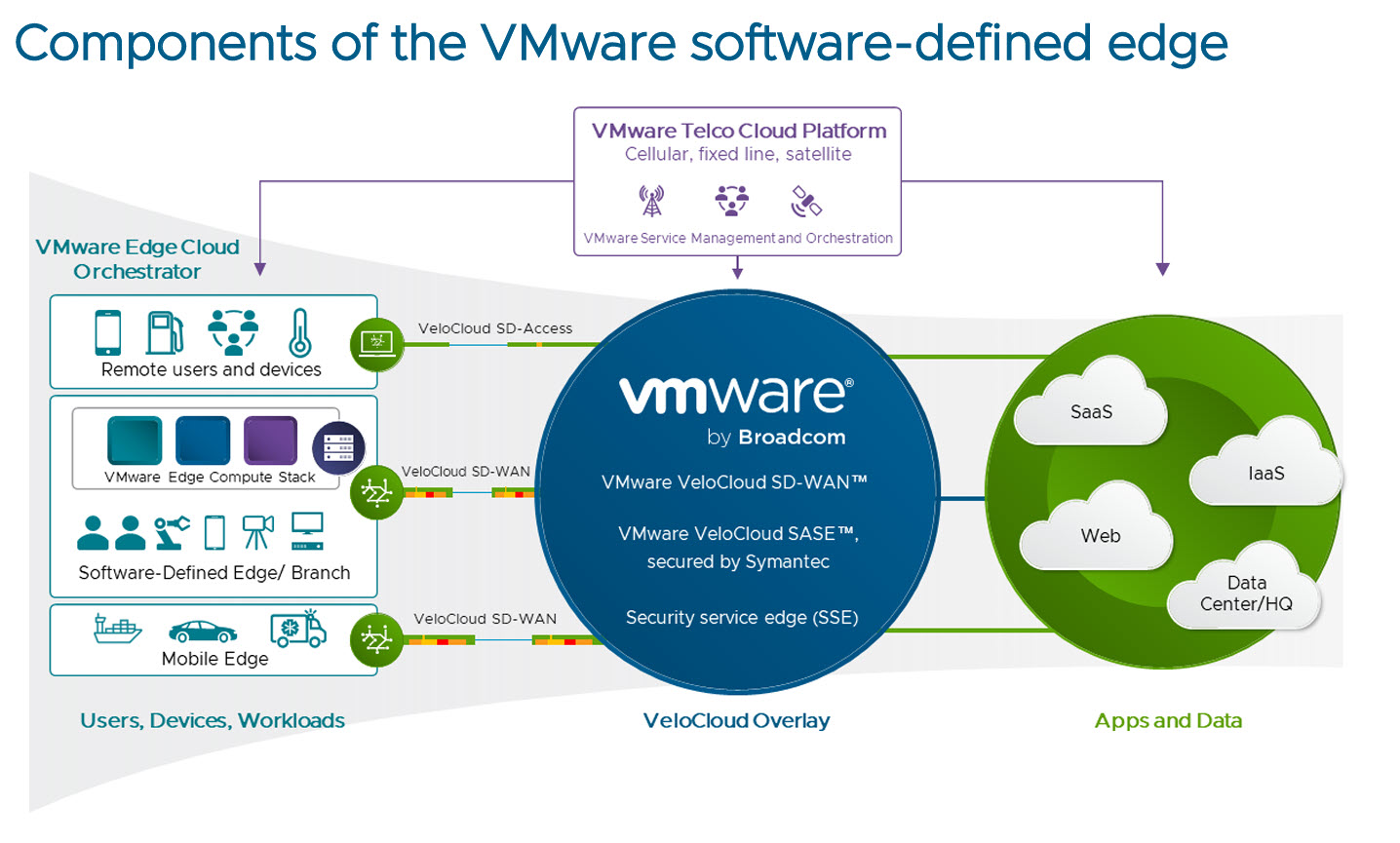
These innovations are also in combination with our efforts in delivering Private AI. Some of the new developments are:
Broadcom also announced some shiny new VeloCloud Edge appliances. VeloCloud 720 and 740.
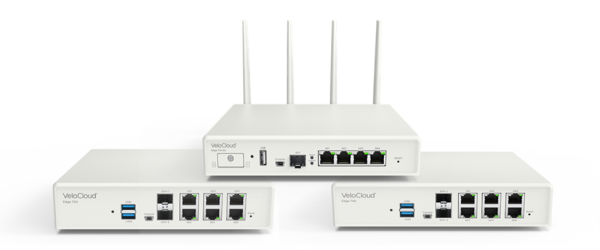
VMware Explore 2024 On-Demand Sessions
Similar to all the previous years before, all the VMware Explore On-Demand vids can be found in the Video Library. I checked out a few videos and they all seem to be free to view, meaning you don't need a login to watch!
Of course William Lam also posted the 2024 Breakout Session URLs on his GitHub.
Conclusion
The point of the conference was likely to showcase how VMware has changed under Broadcom. Hearing from Hock's point of view and how the company is moving forward.
I always have a great time at these conferences. Meeting customers and fellow co-workers is always a high point for me. Hopefully we get to do it all again next year! 🙂


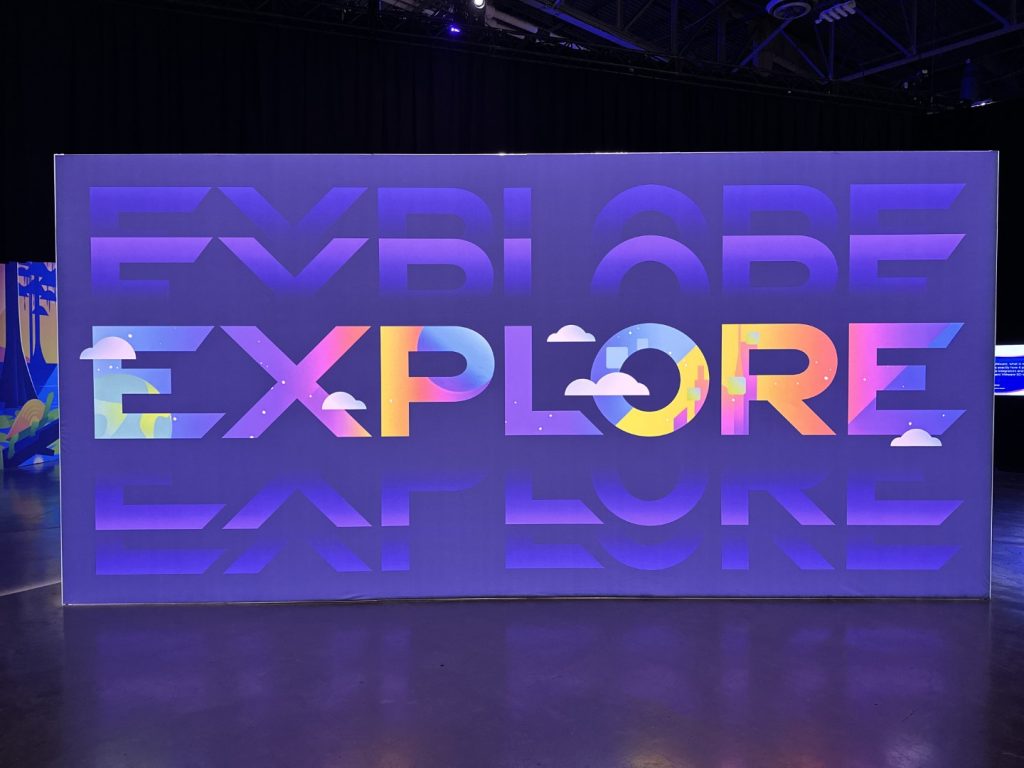

Great summary! Very clear and concise.